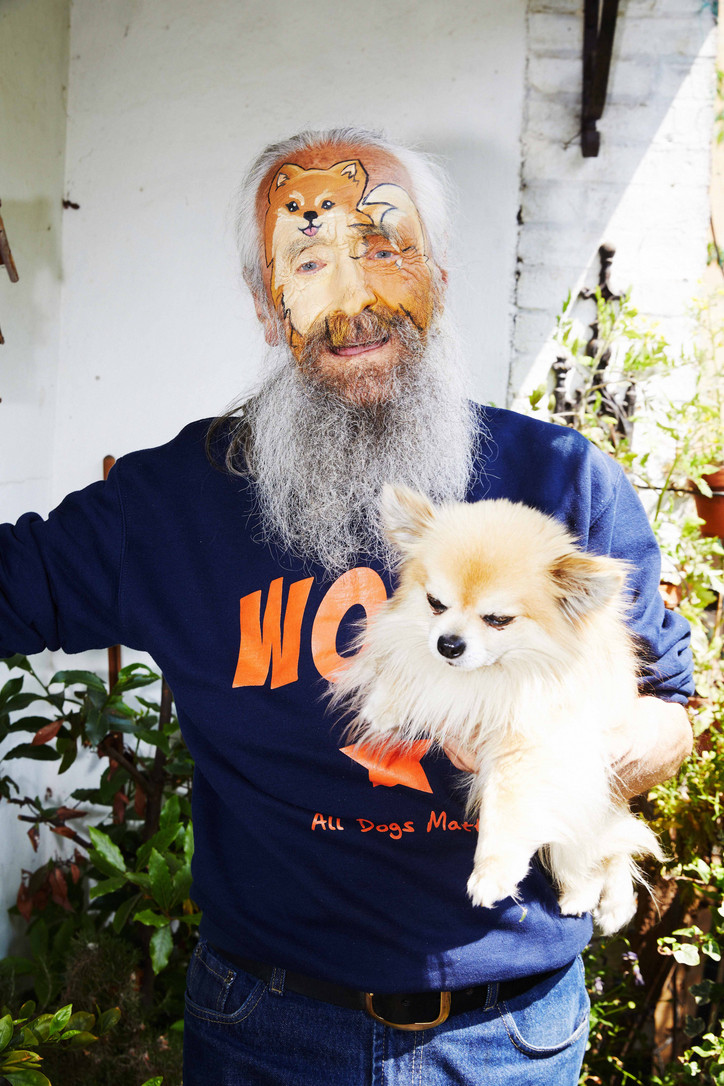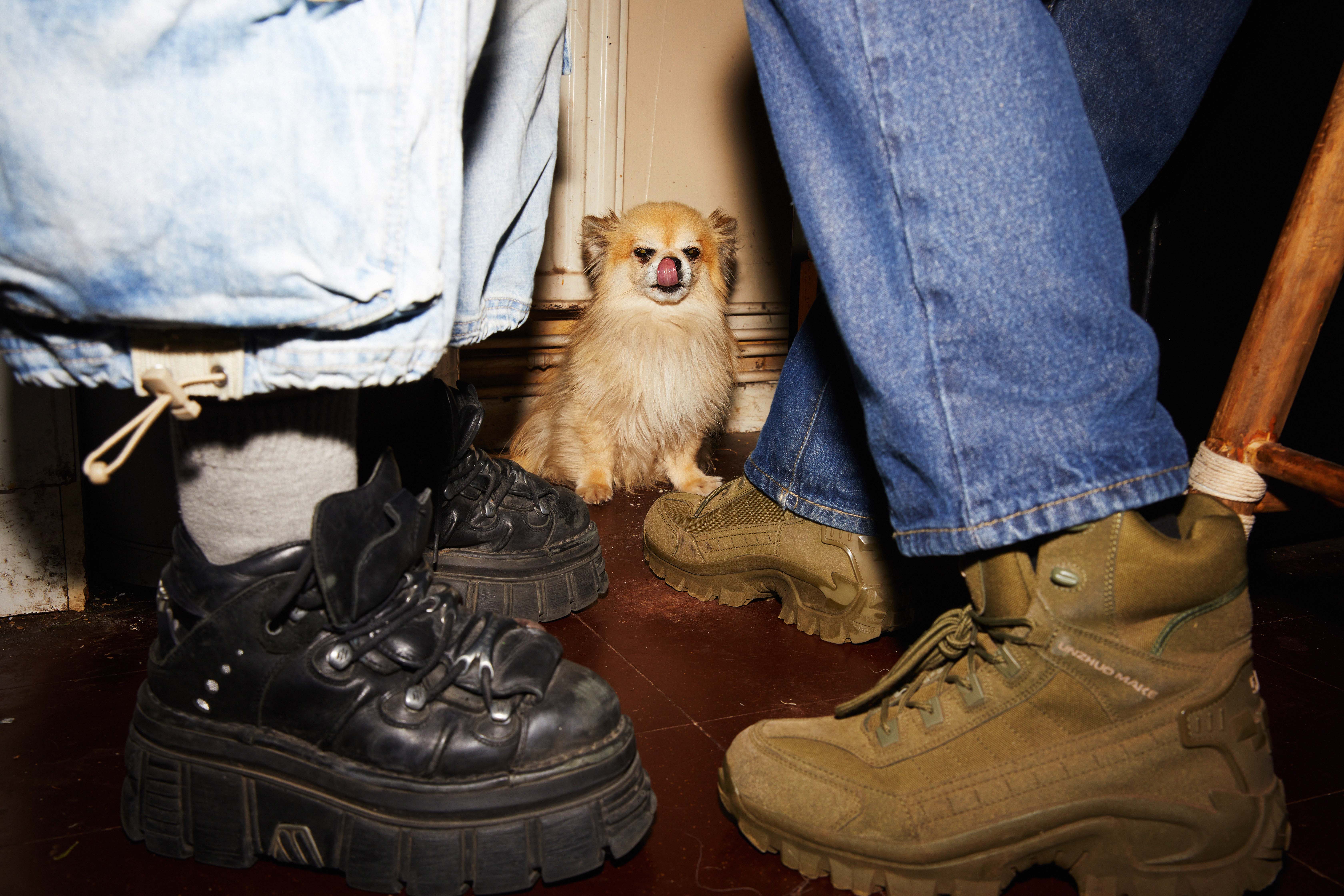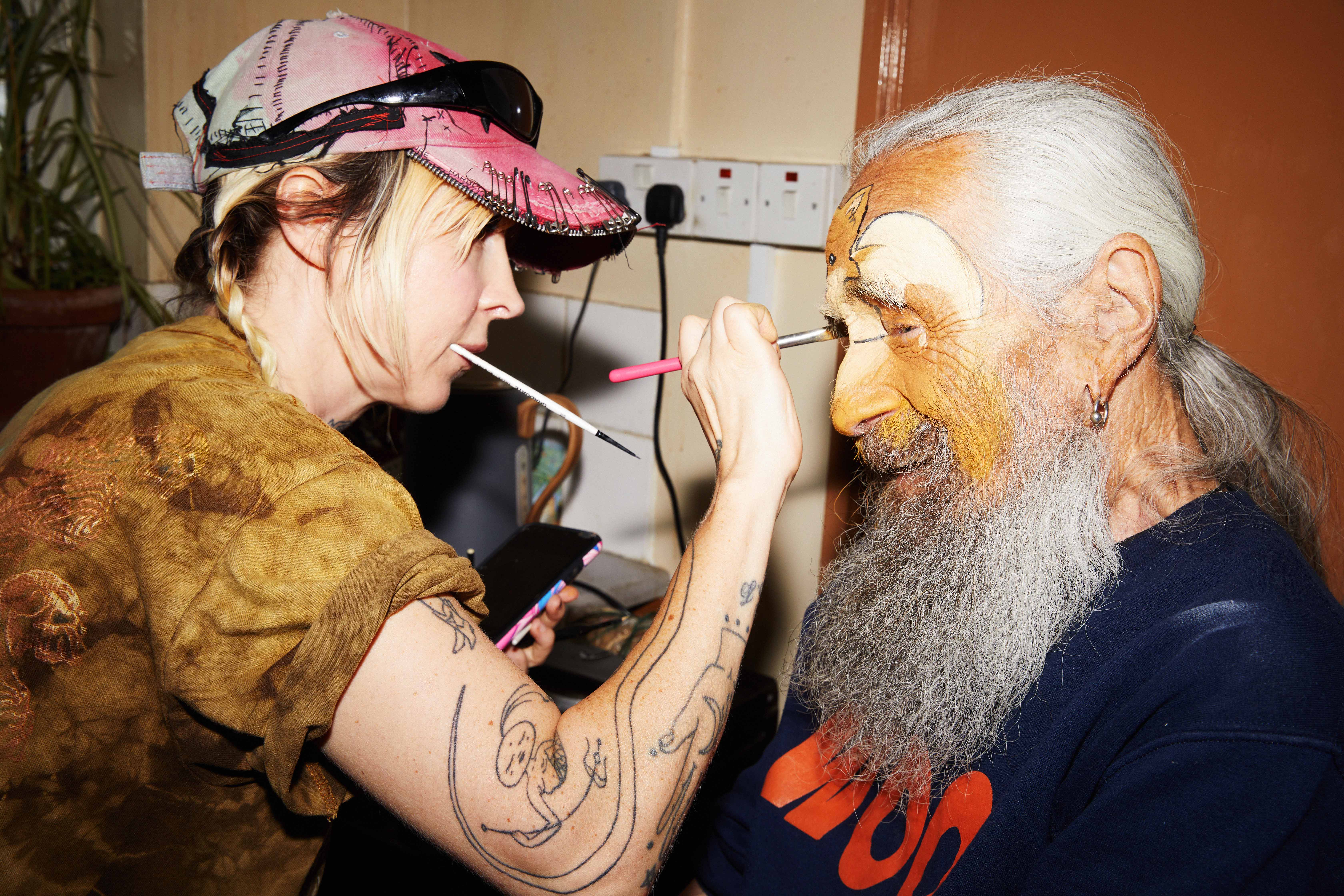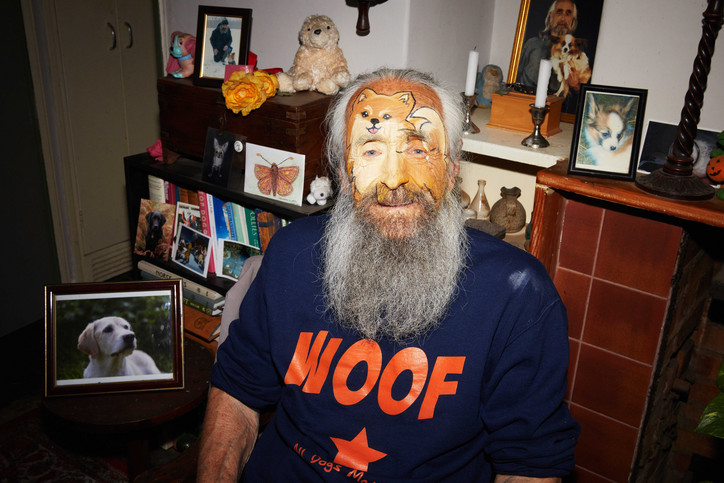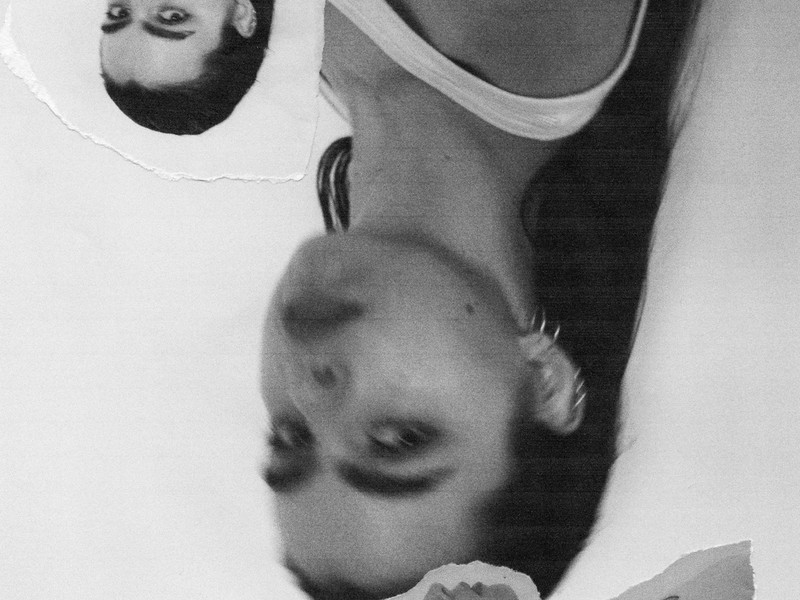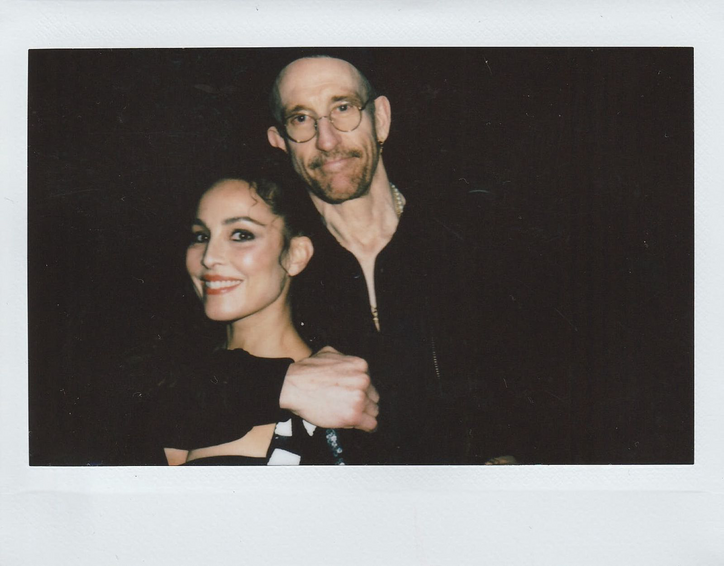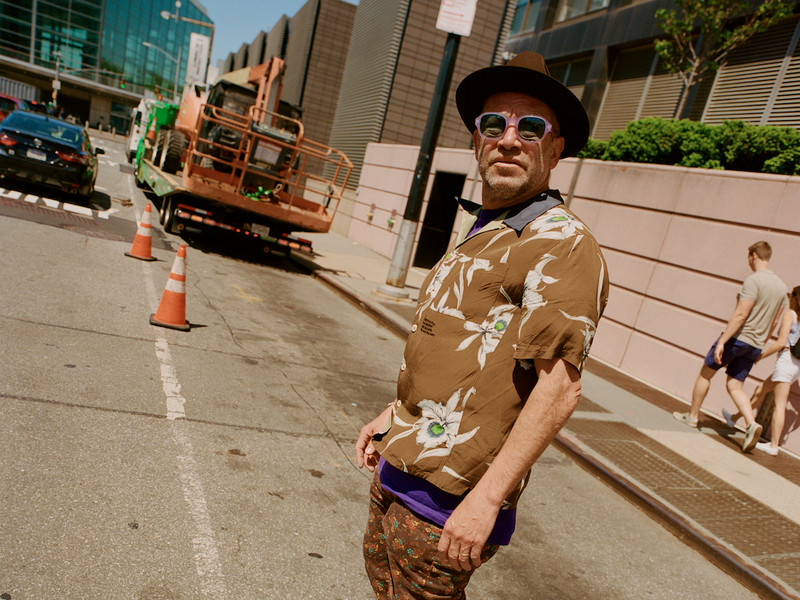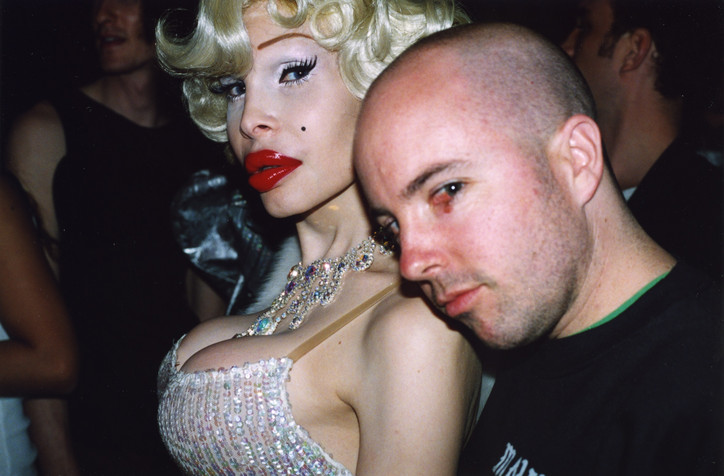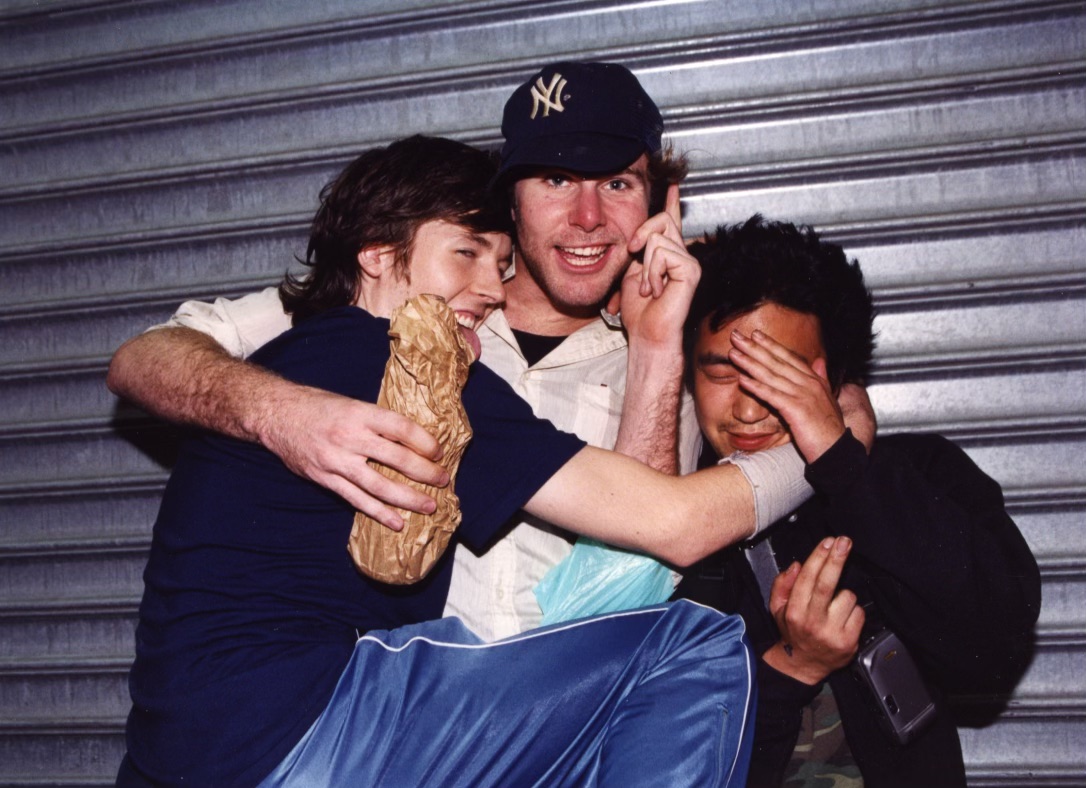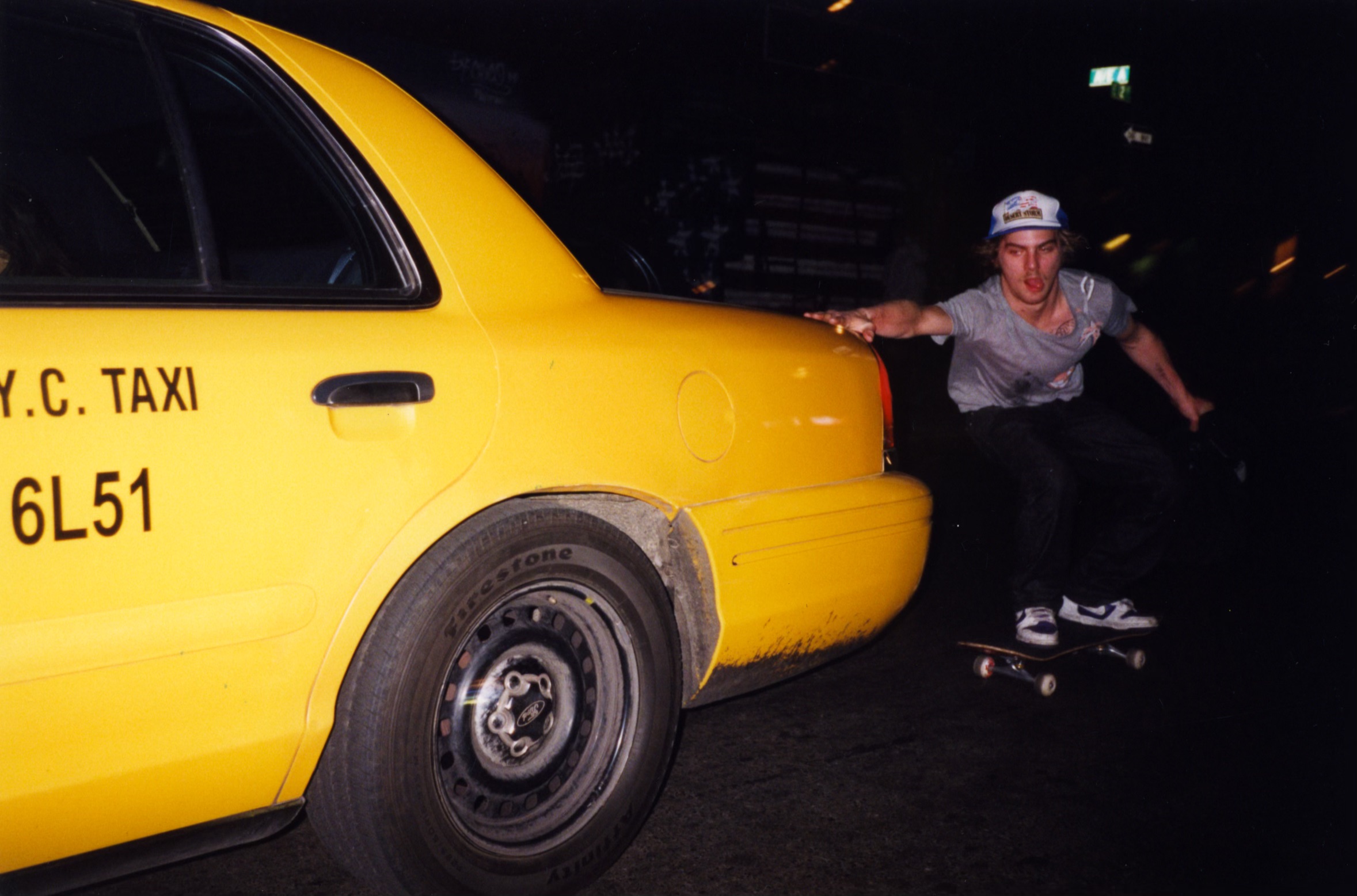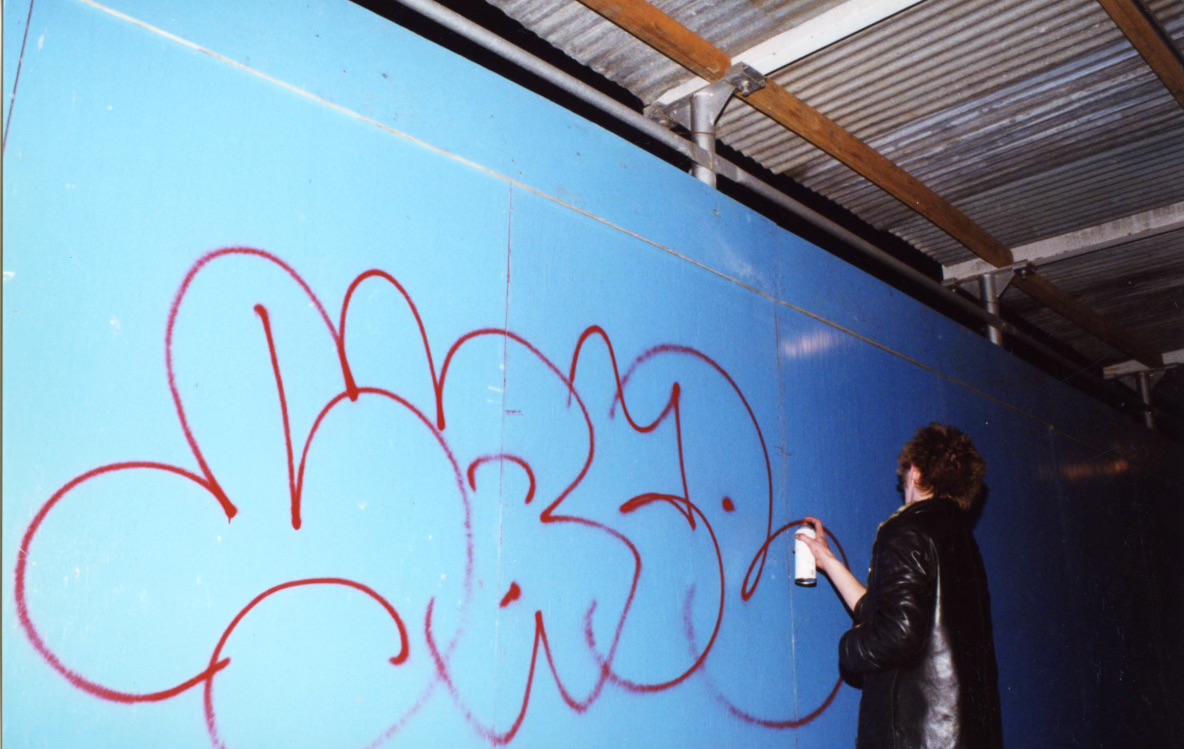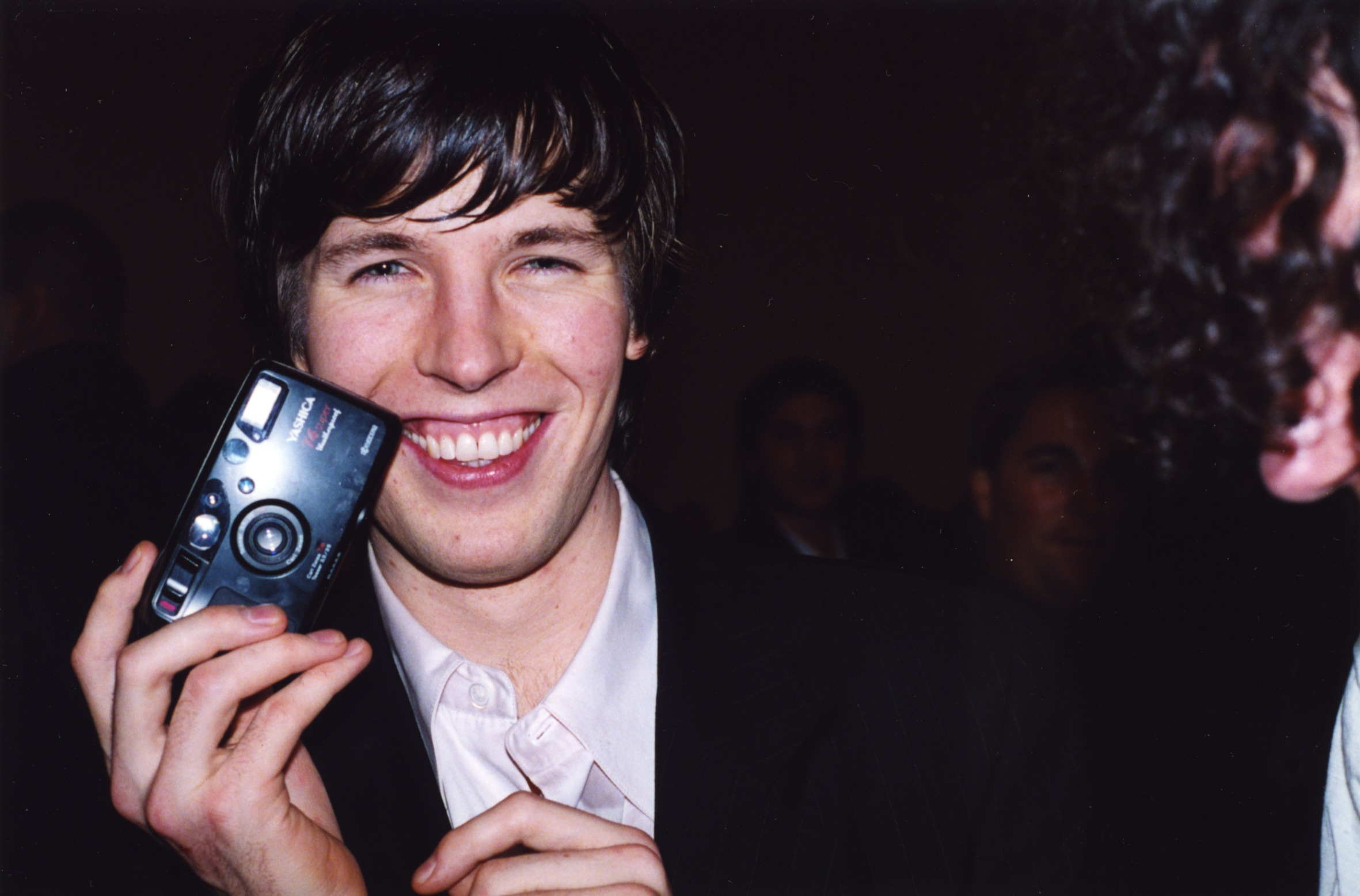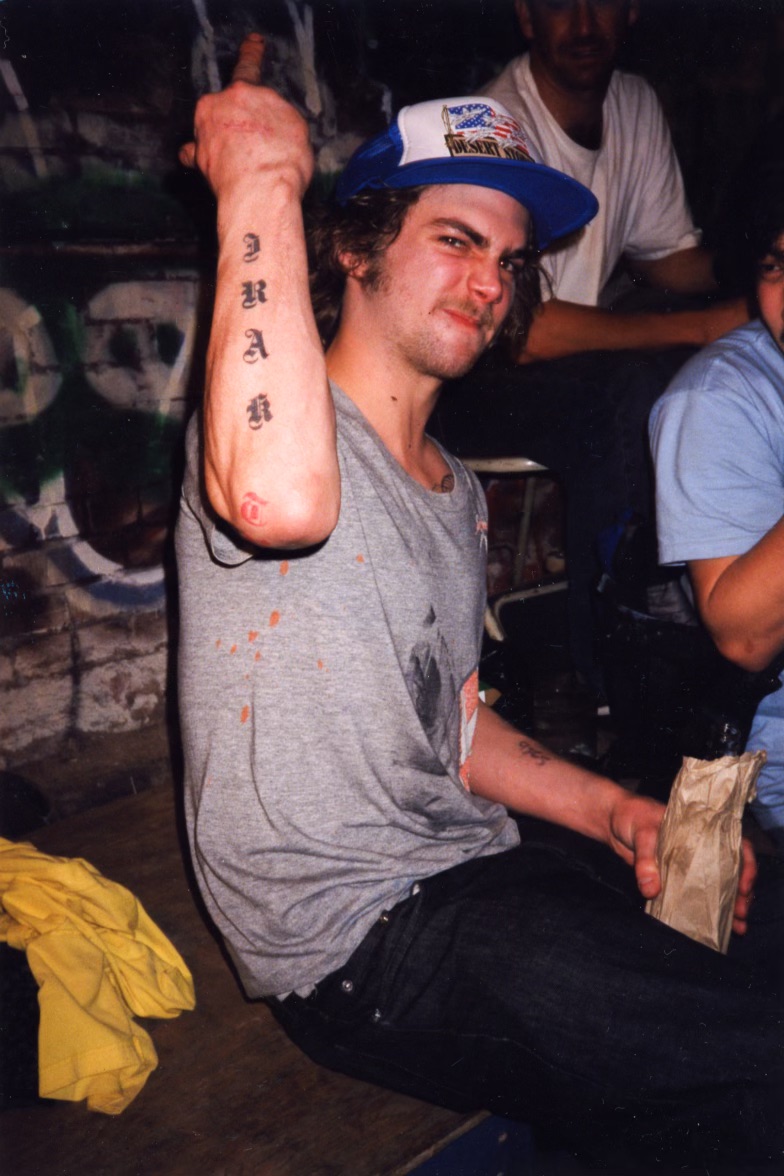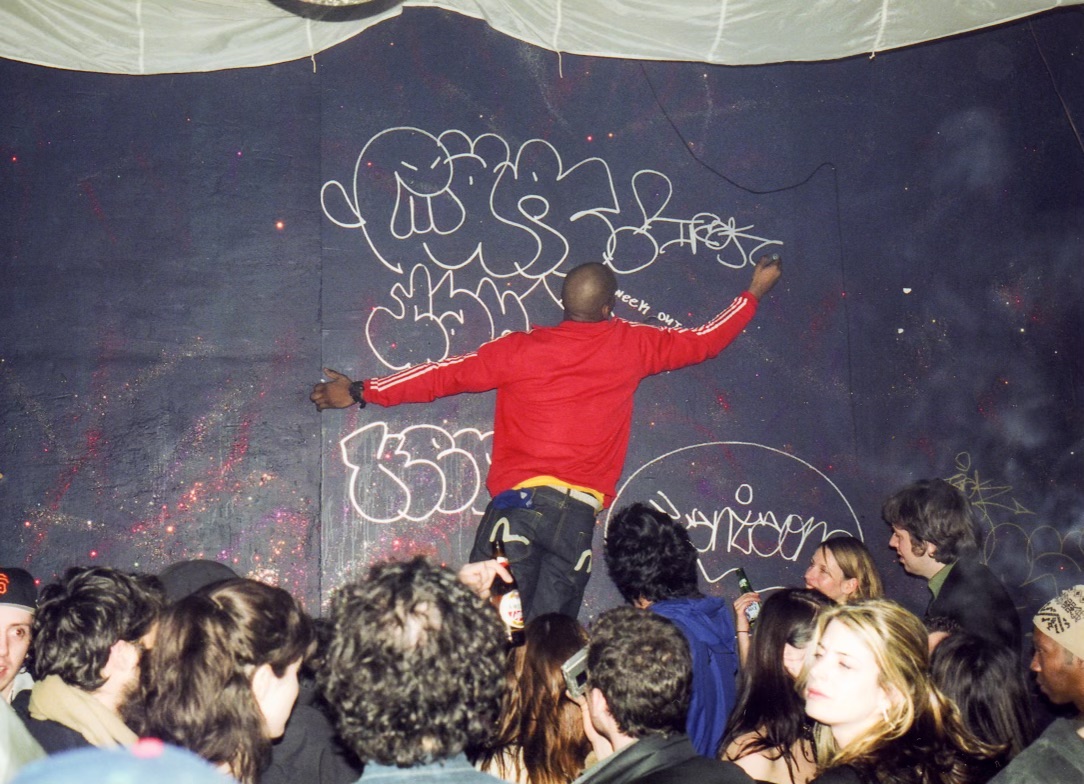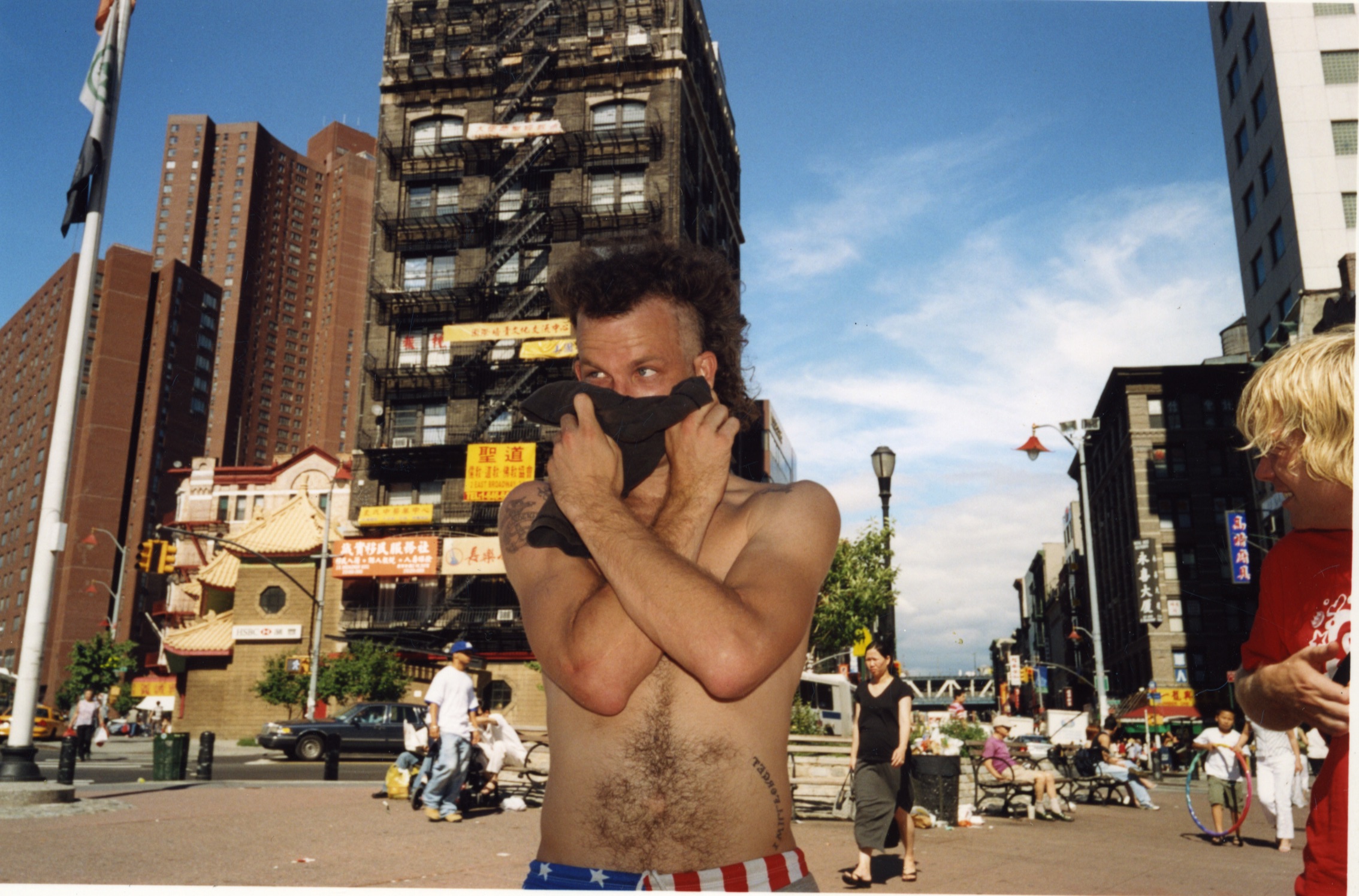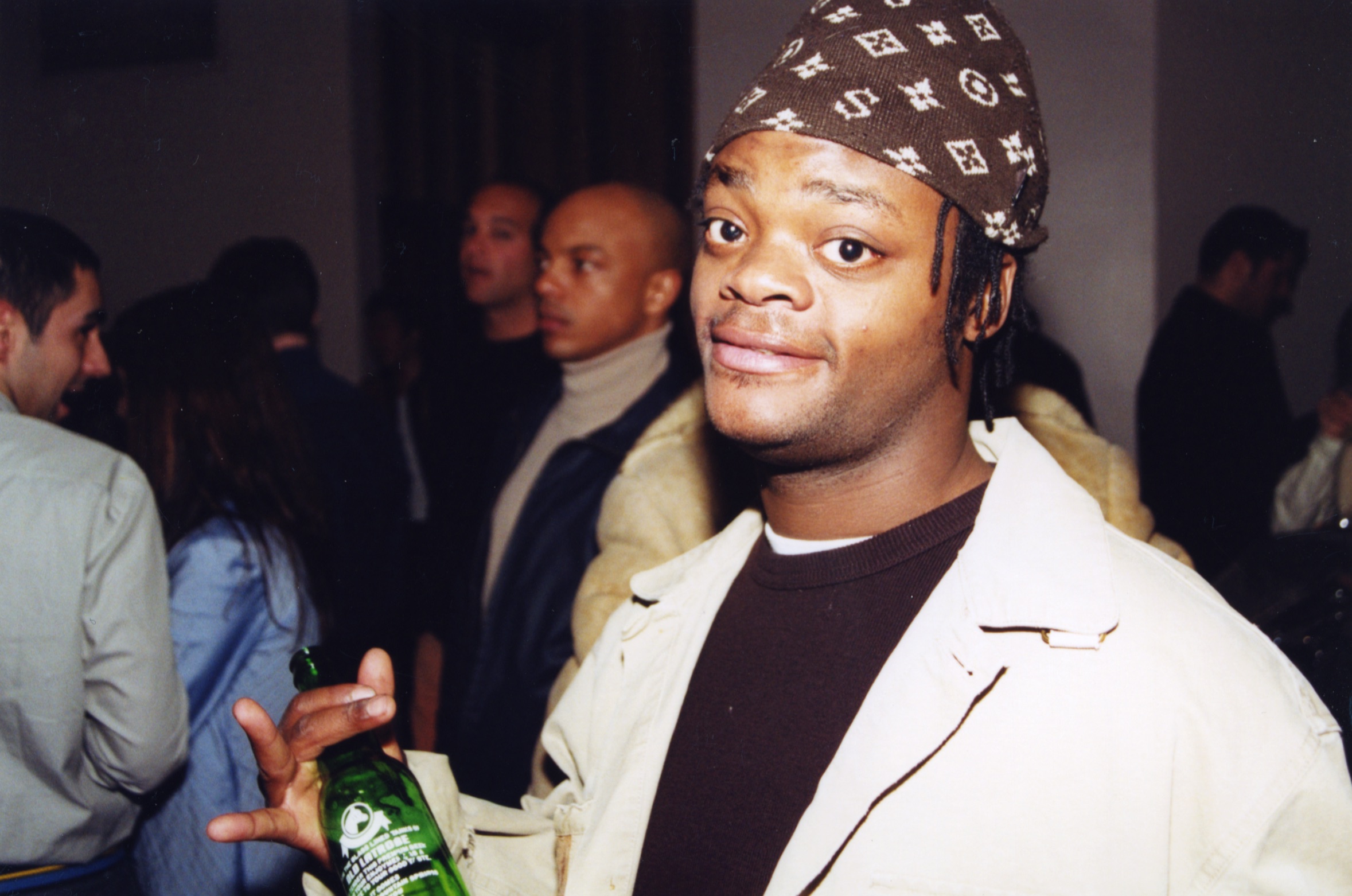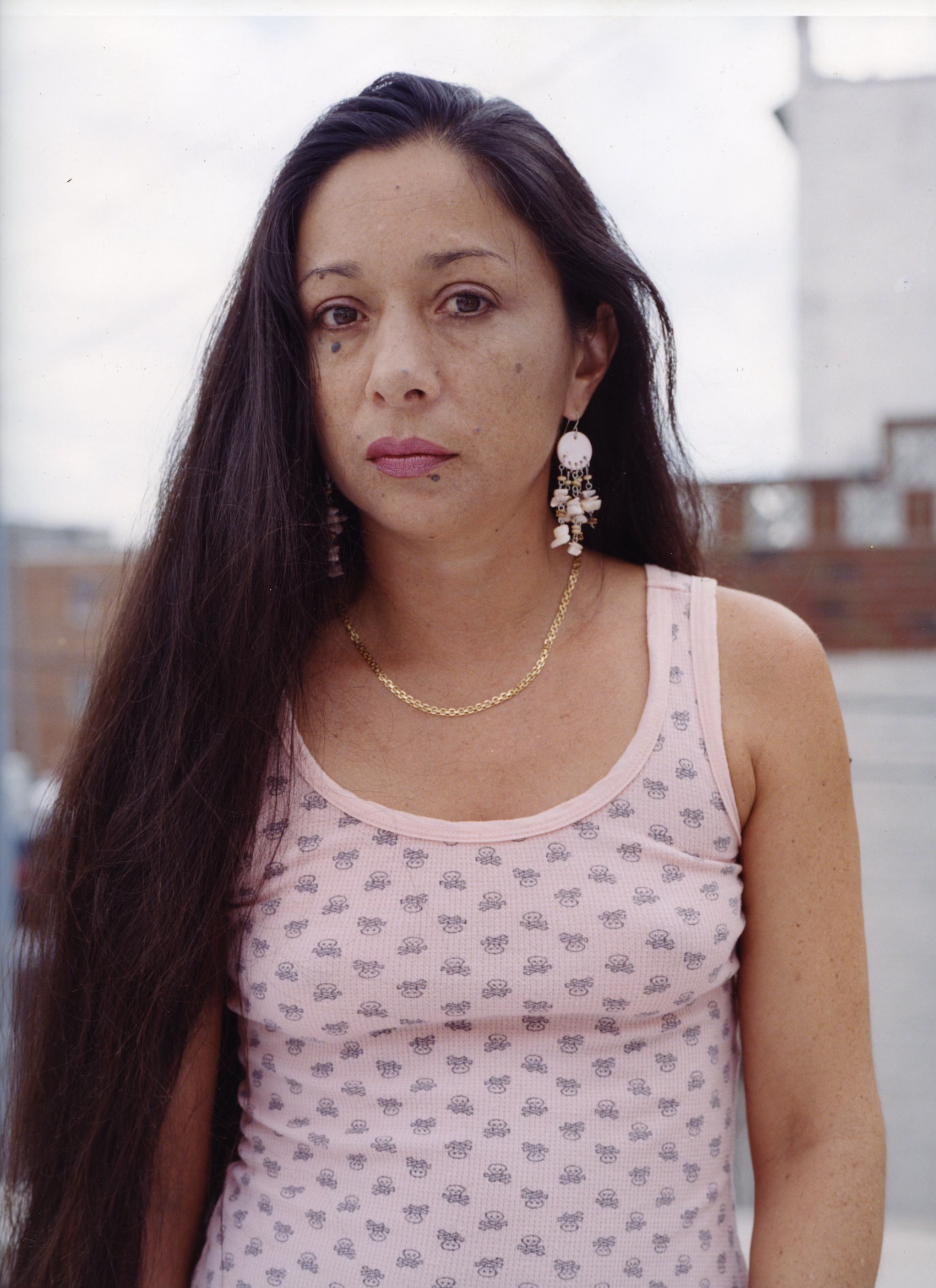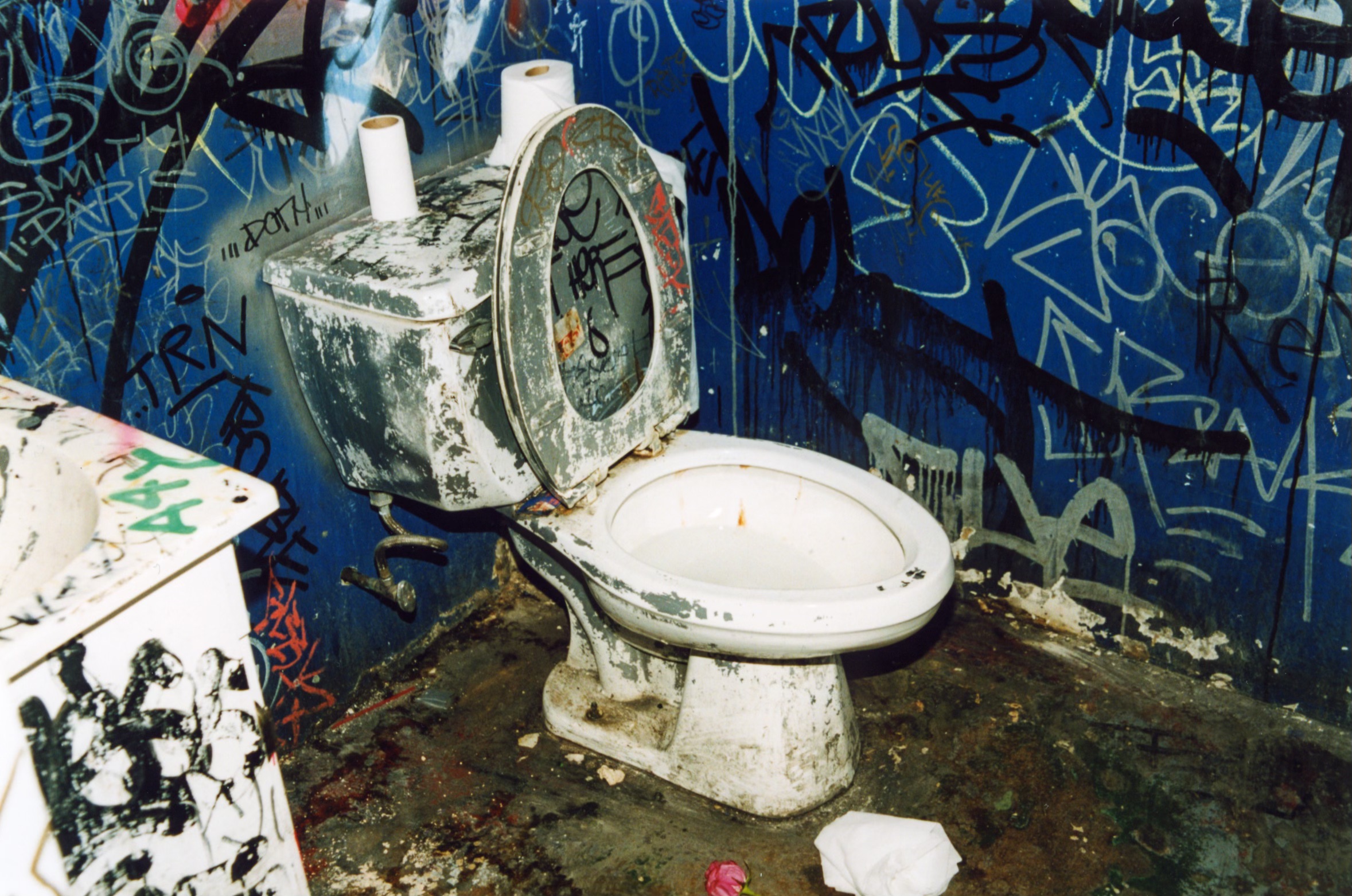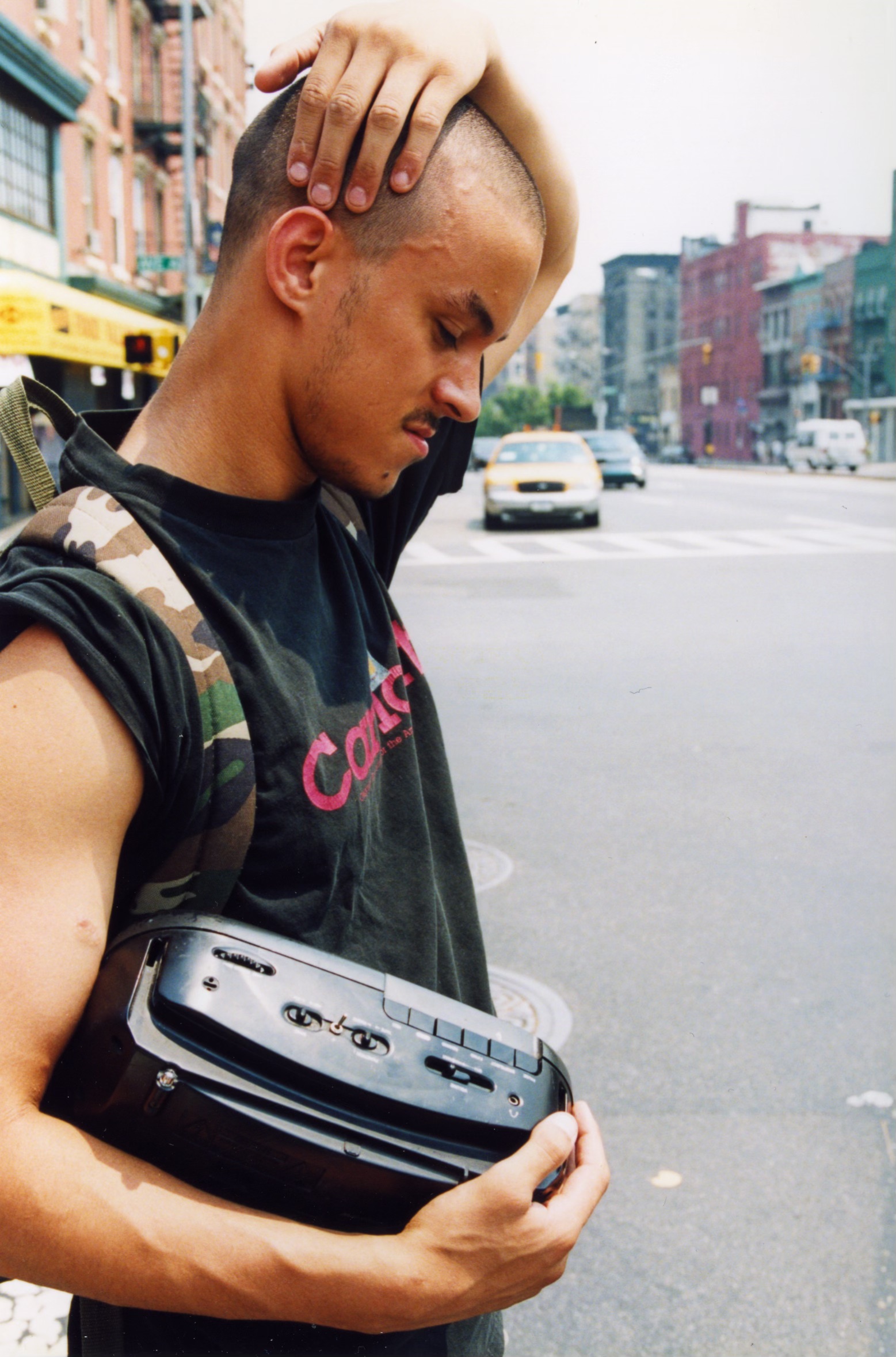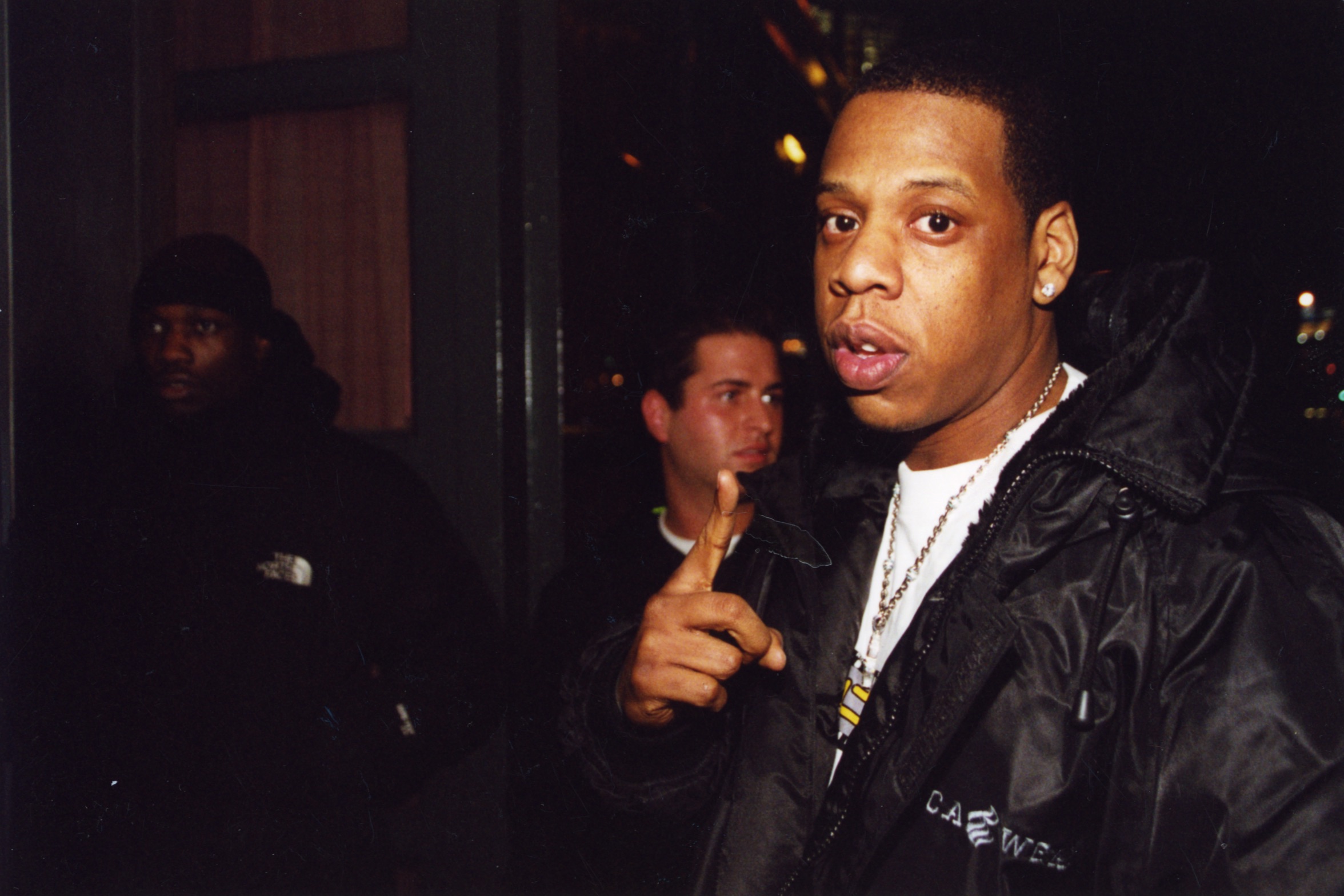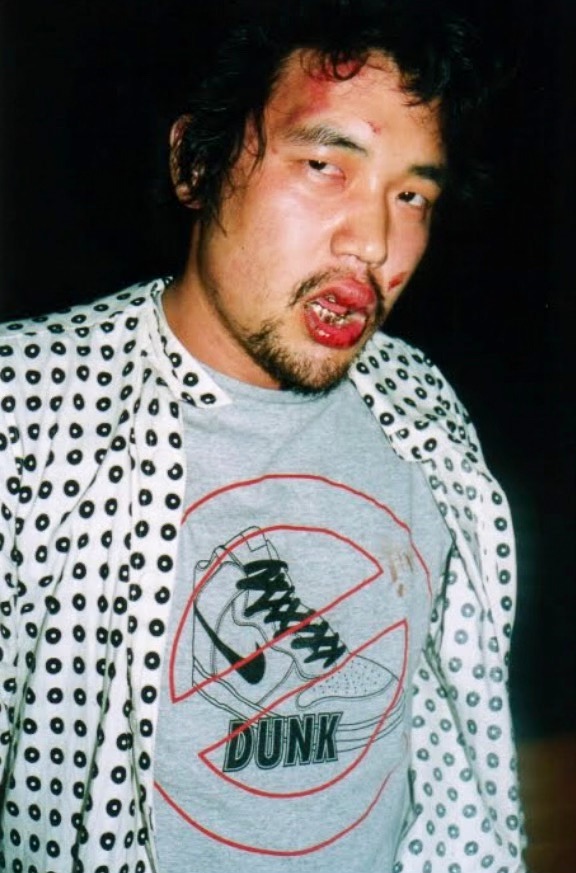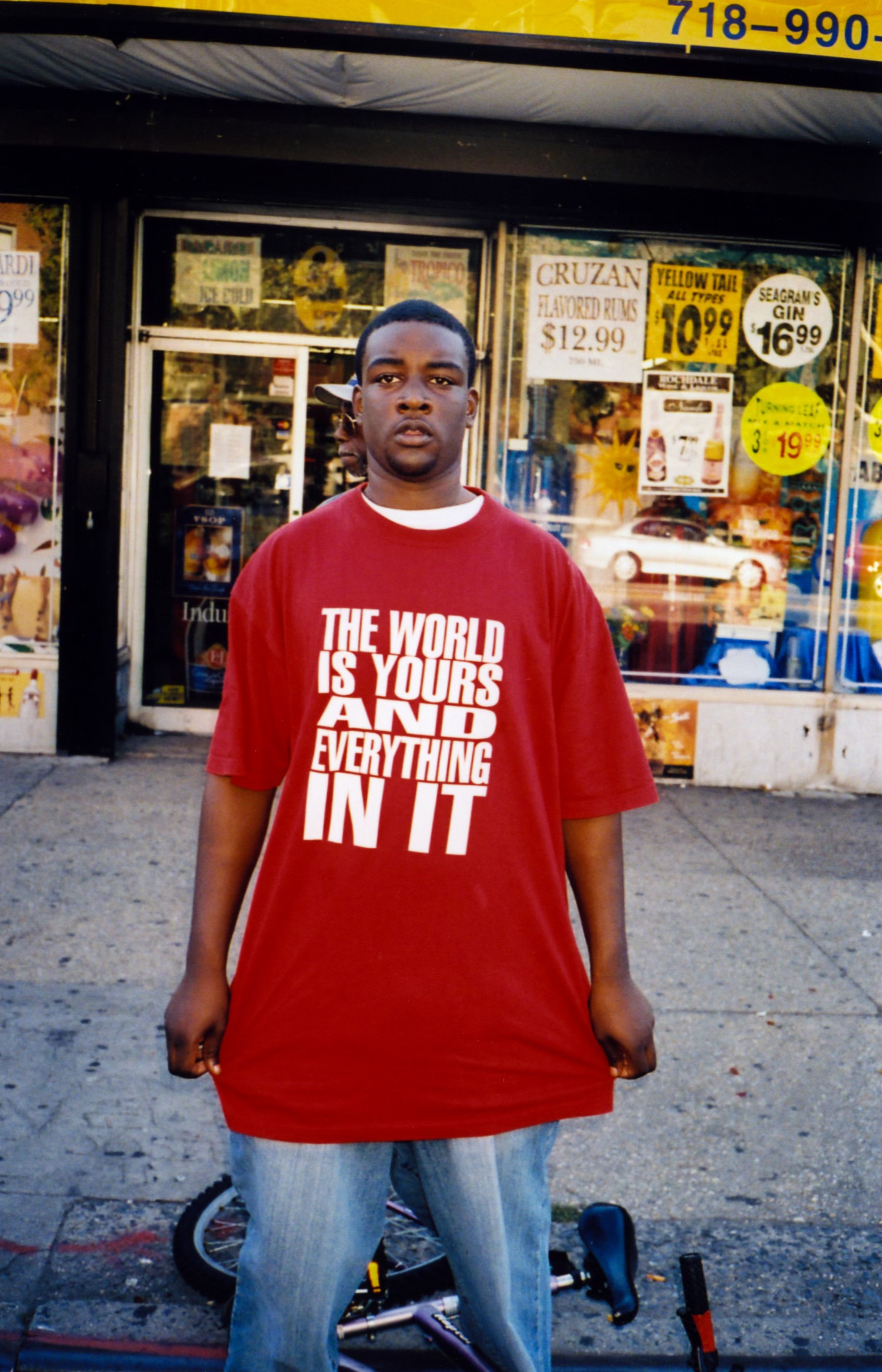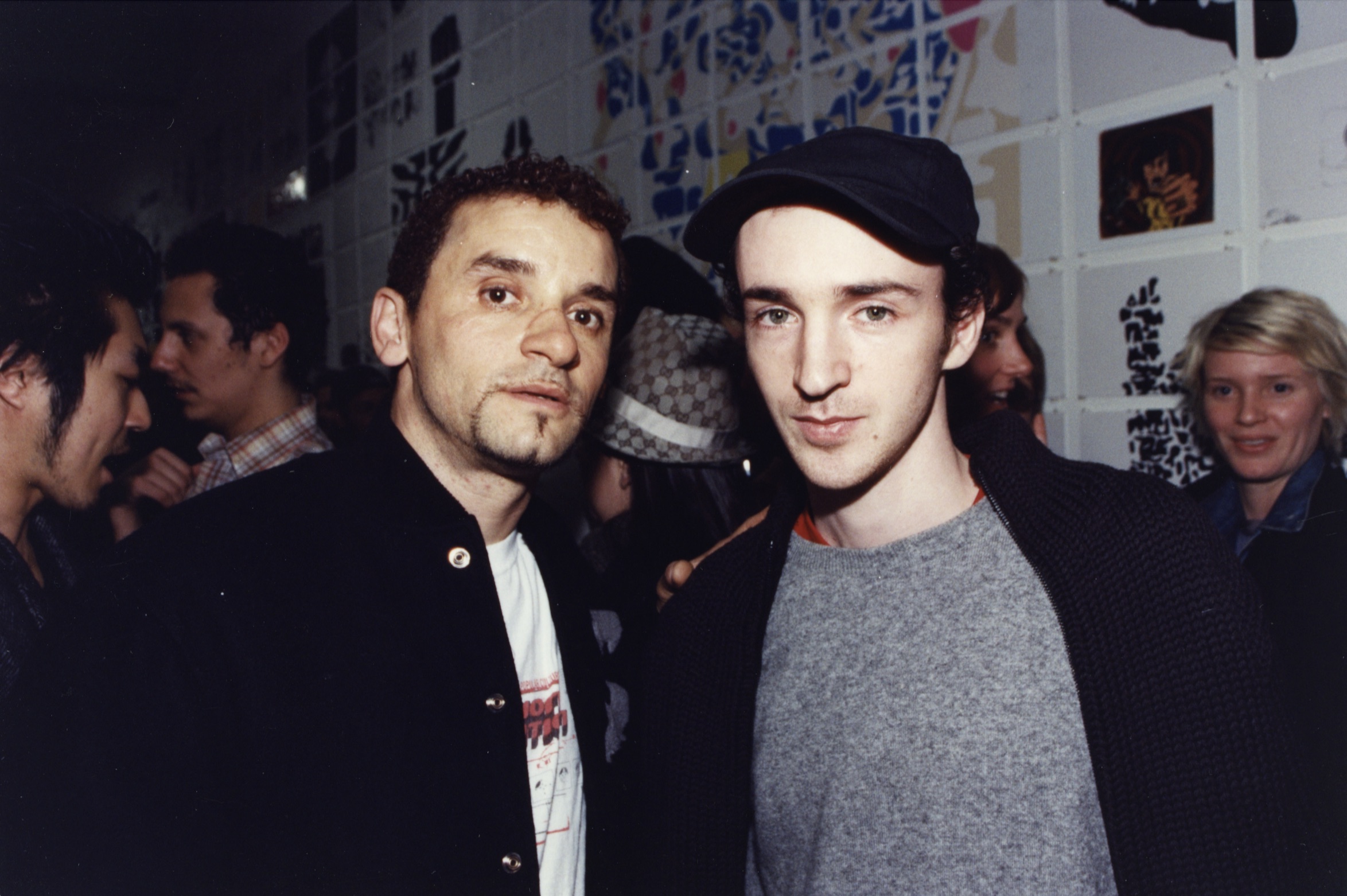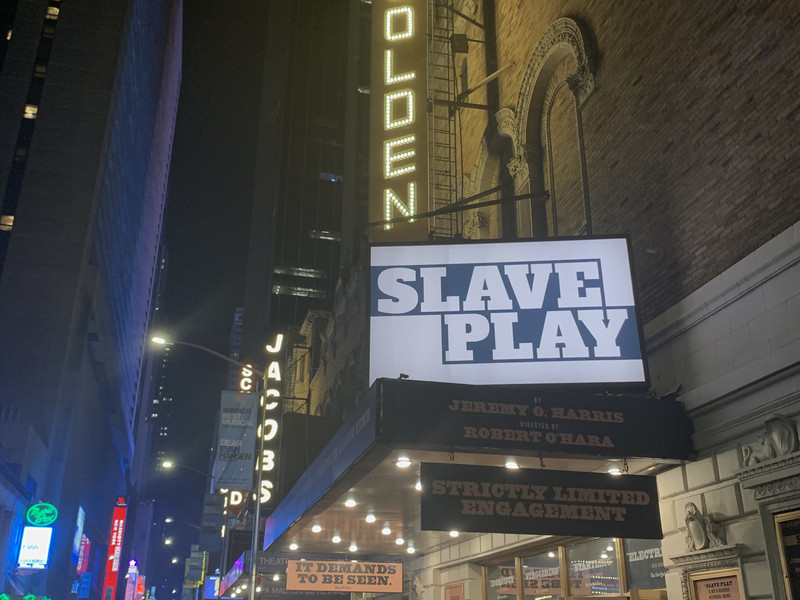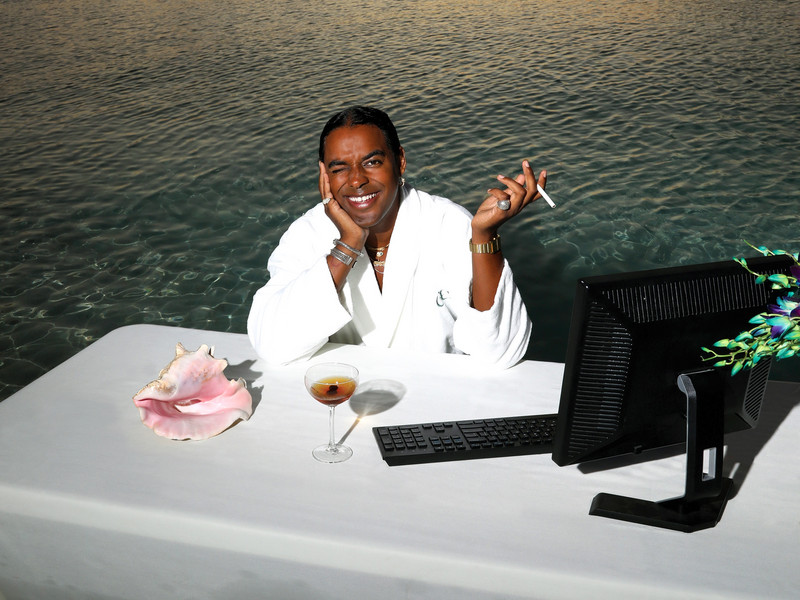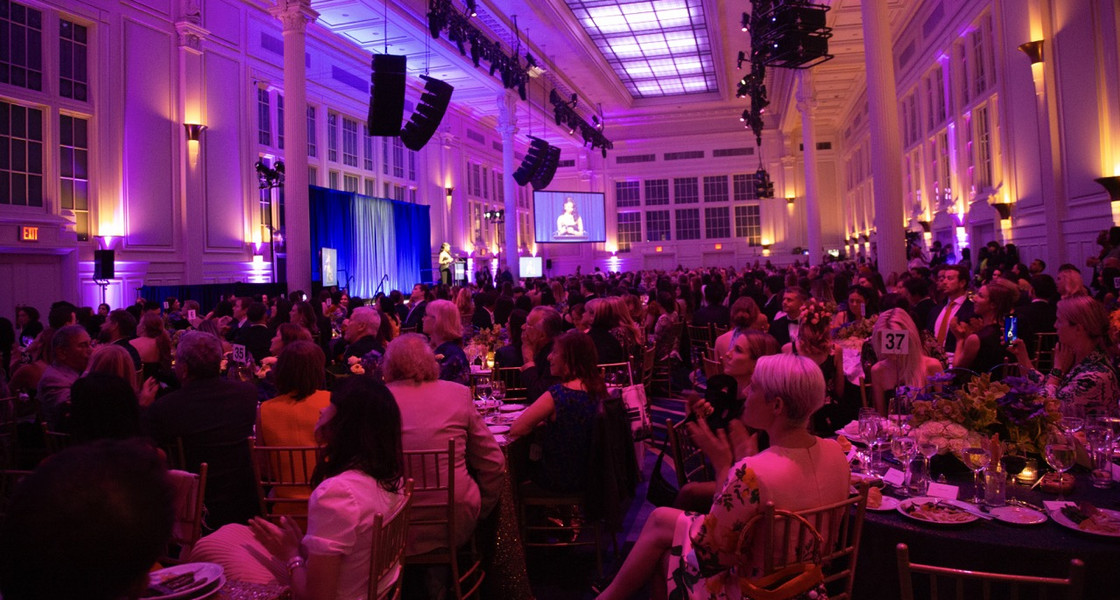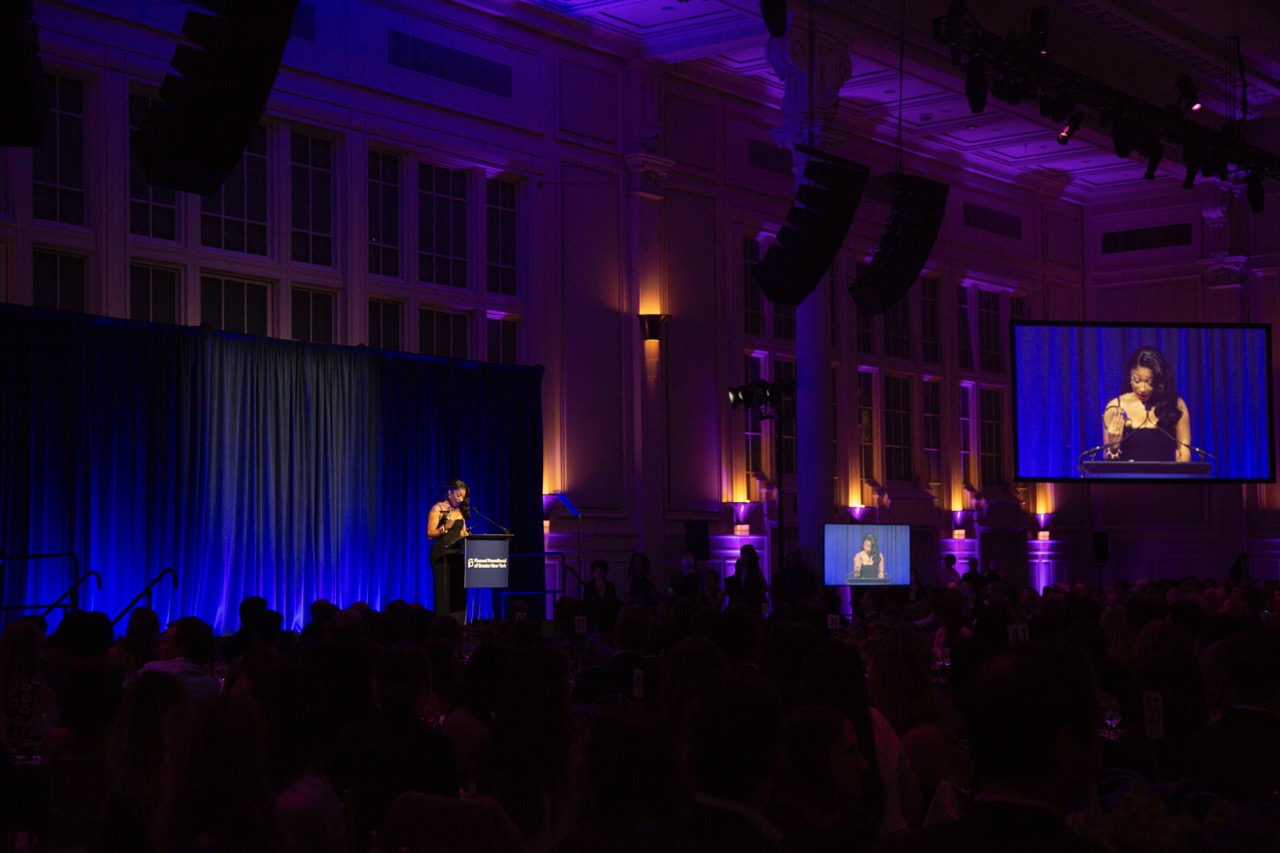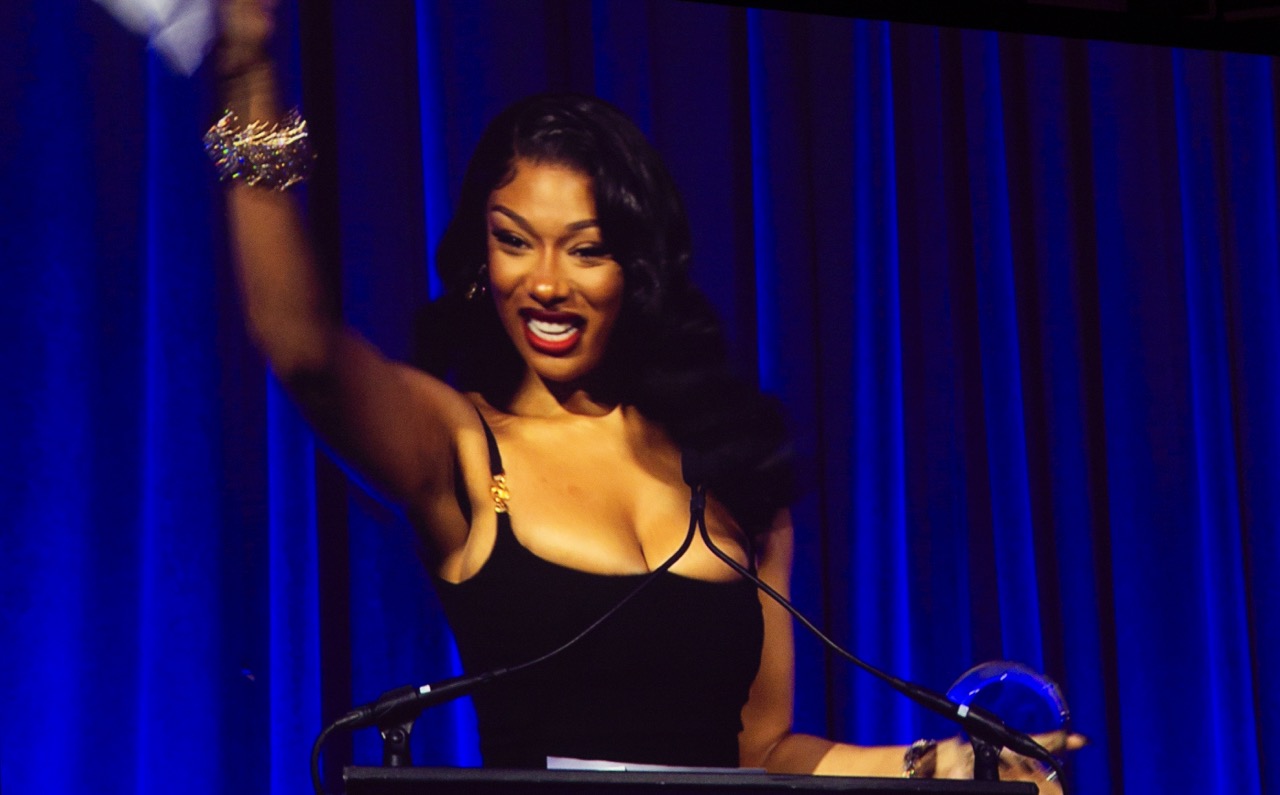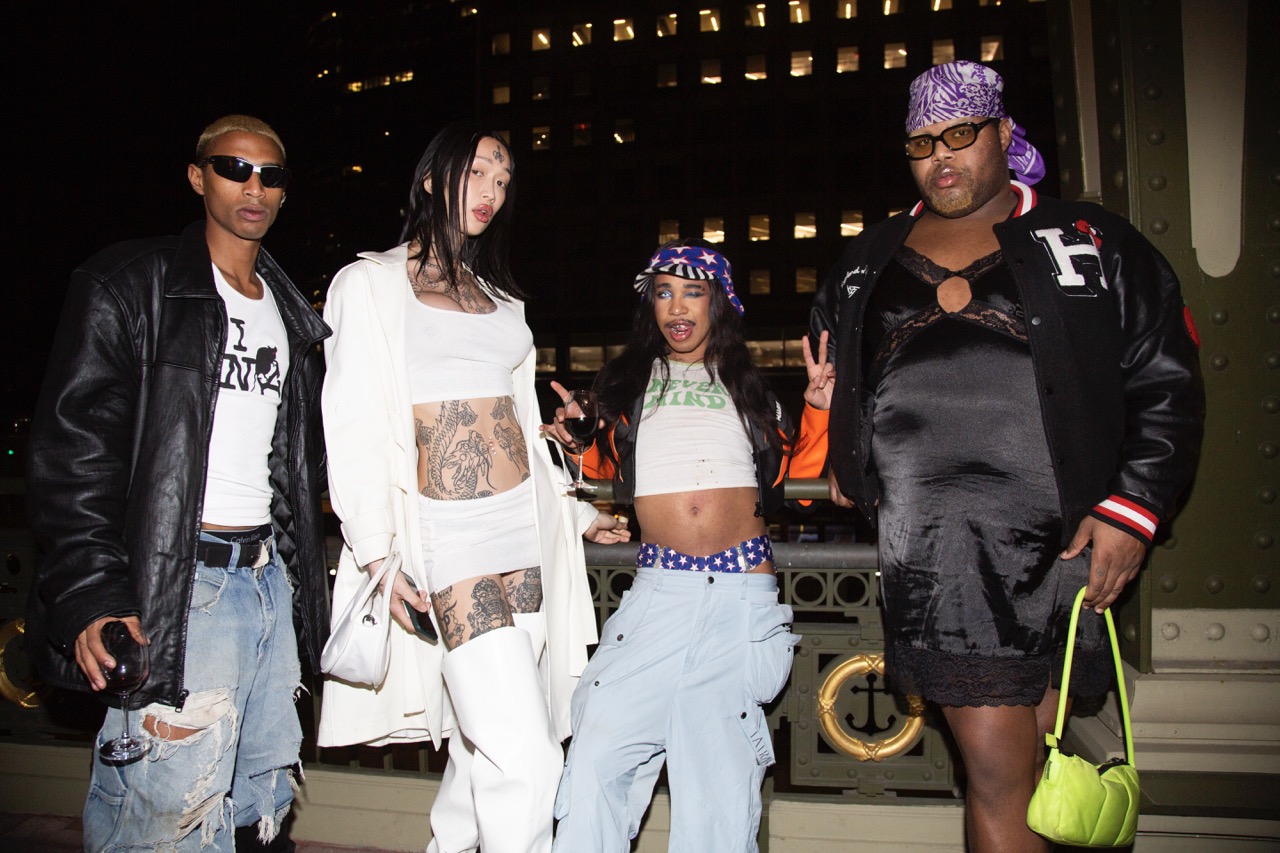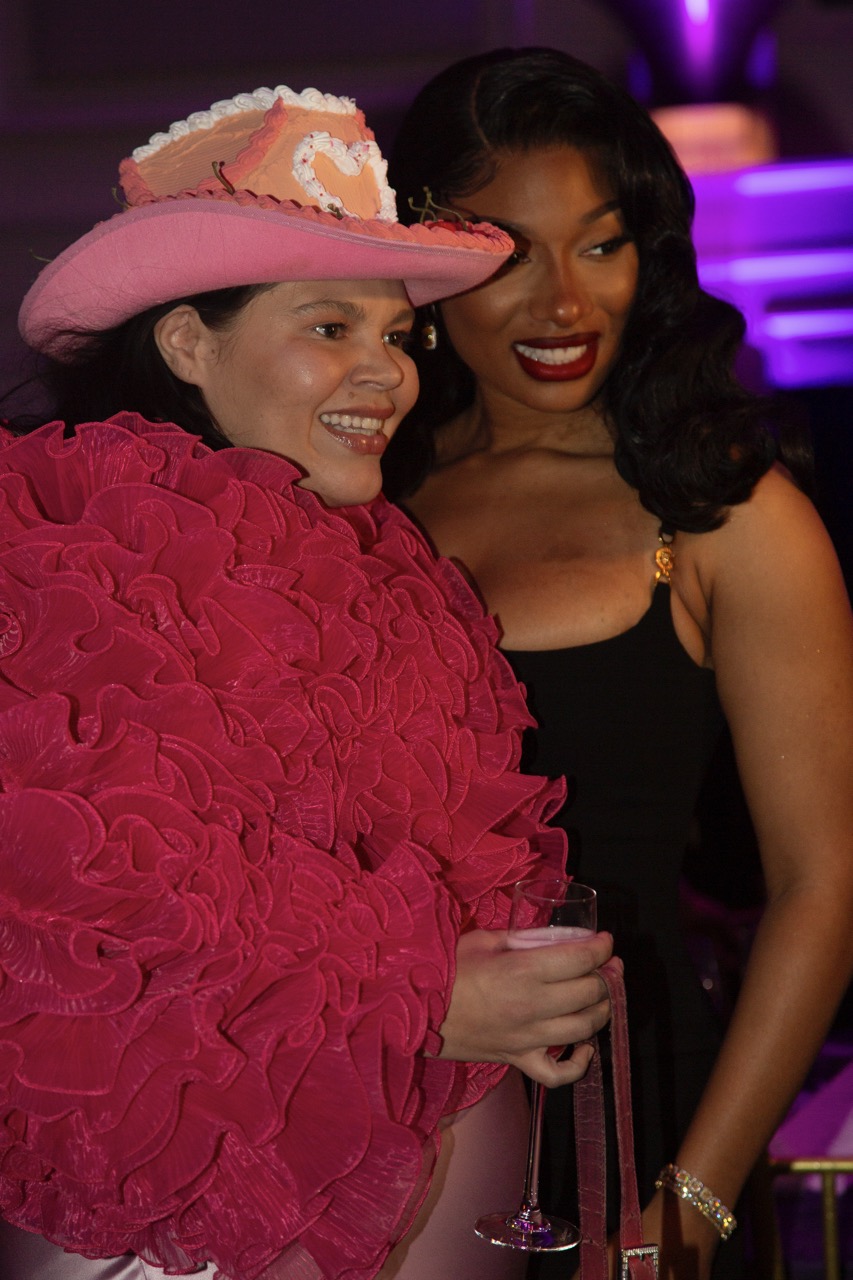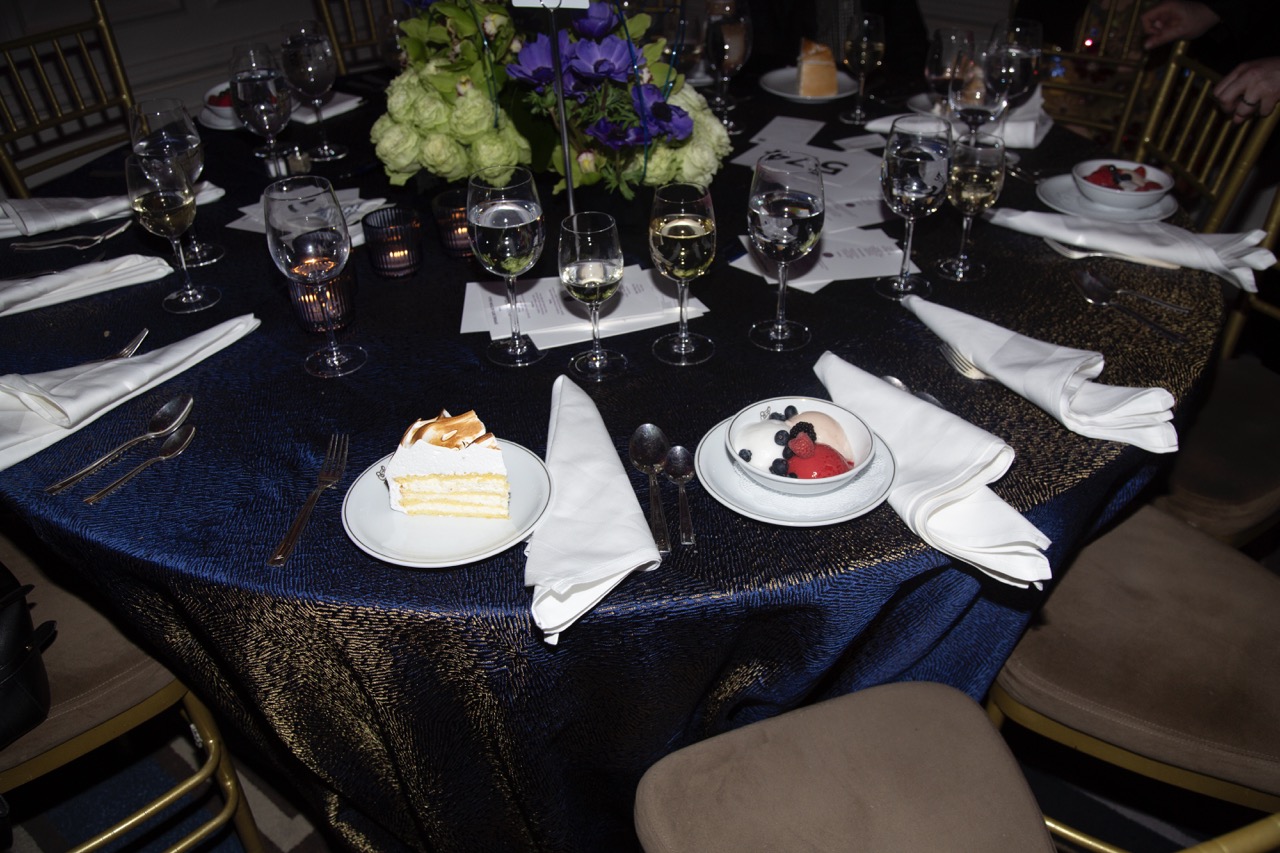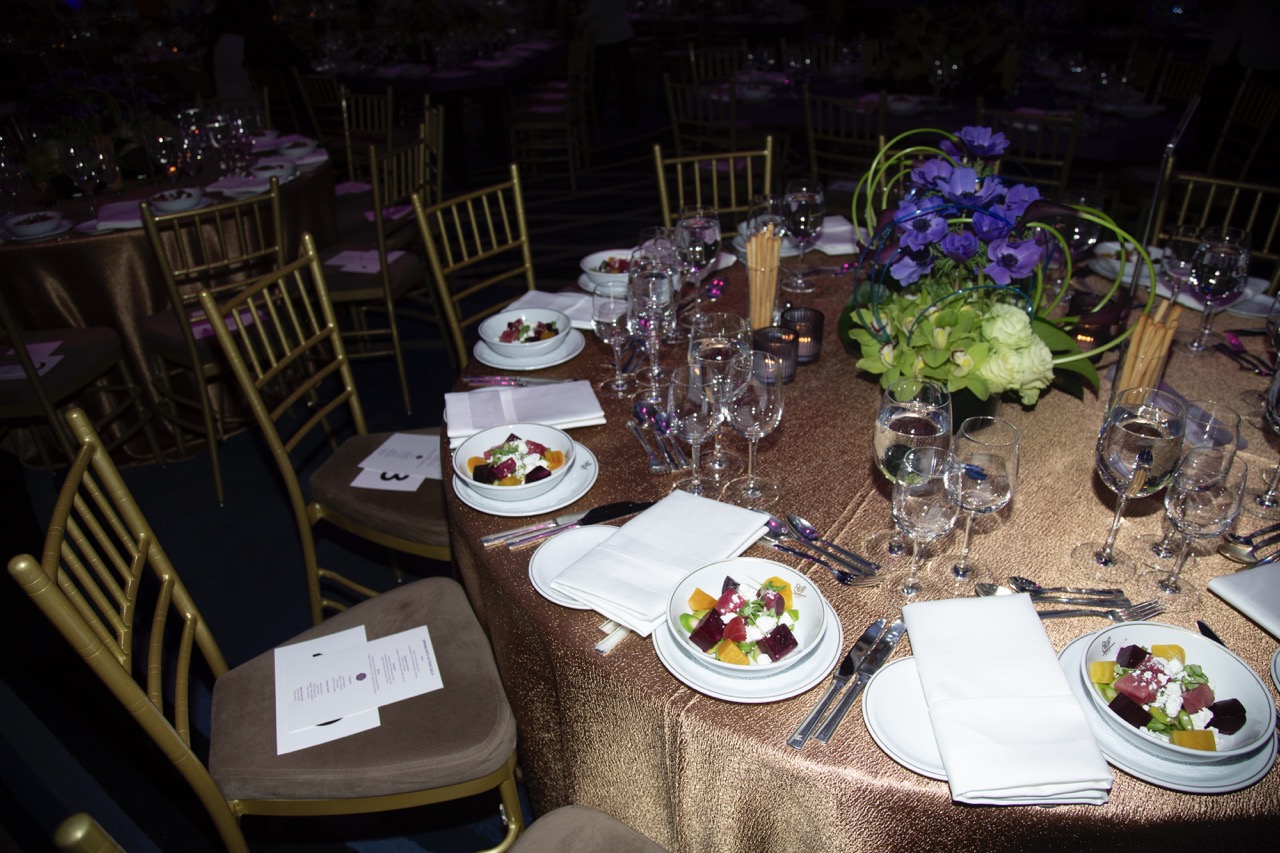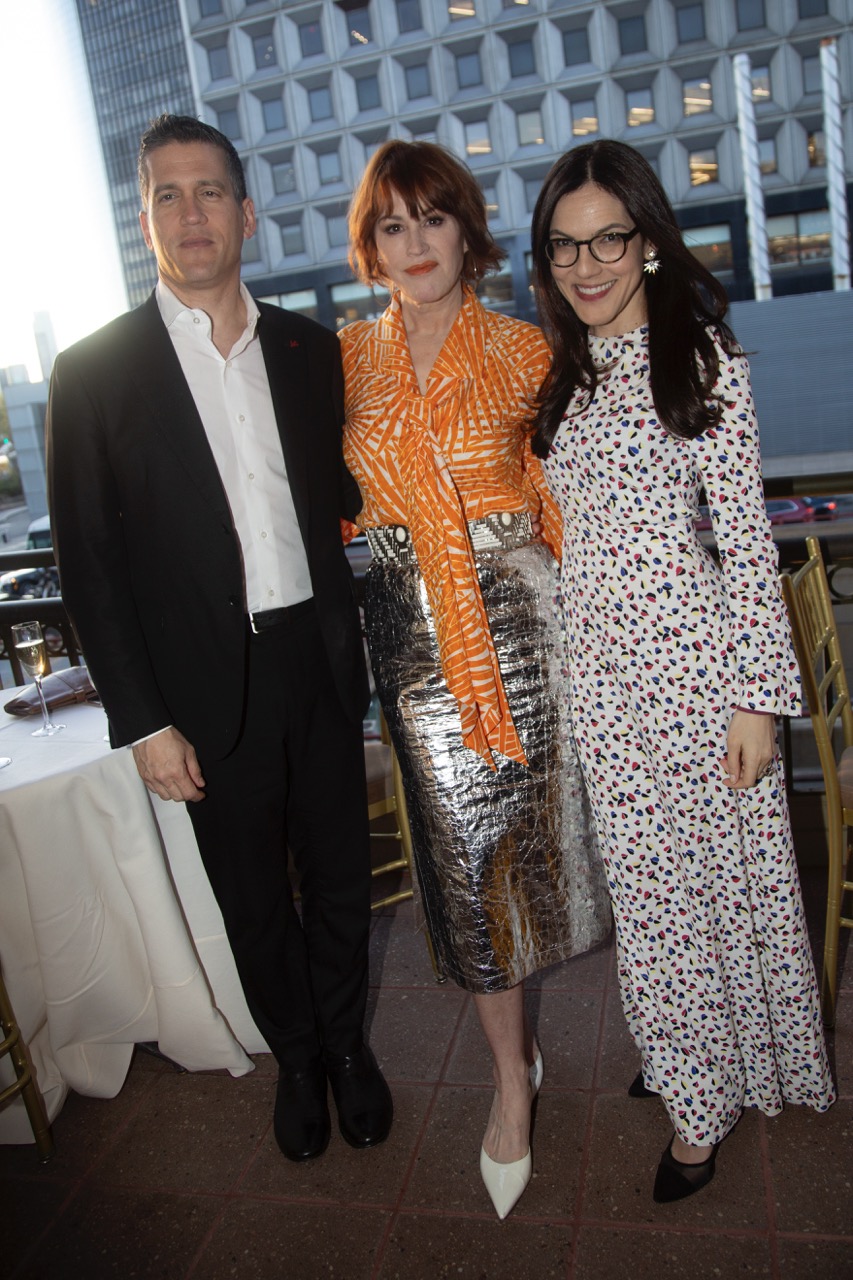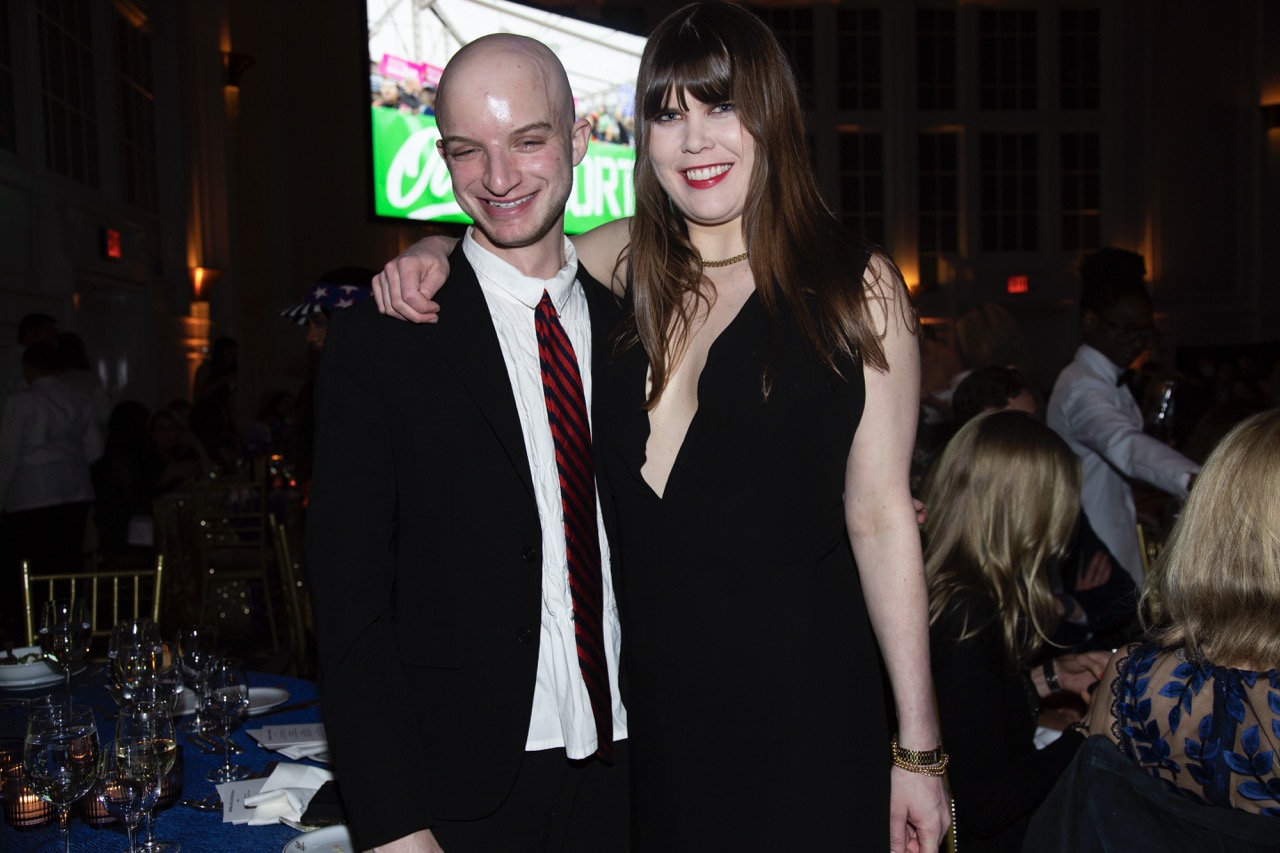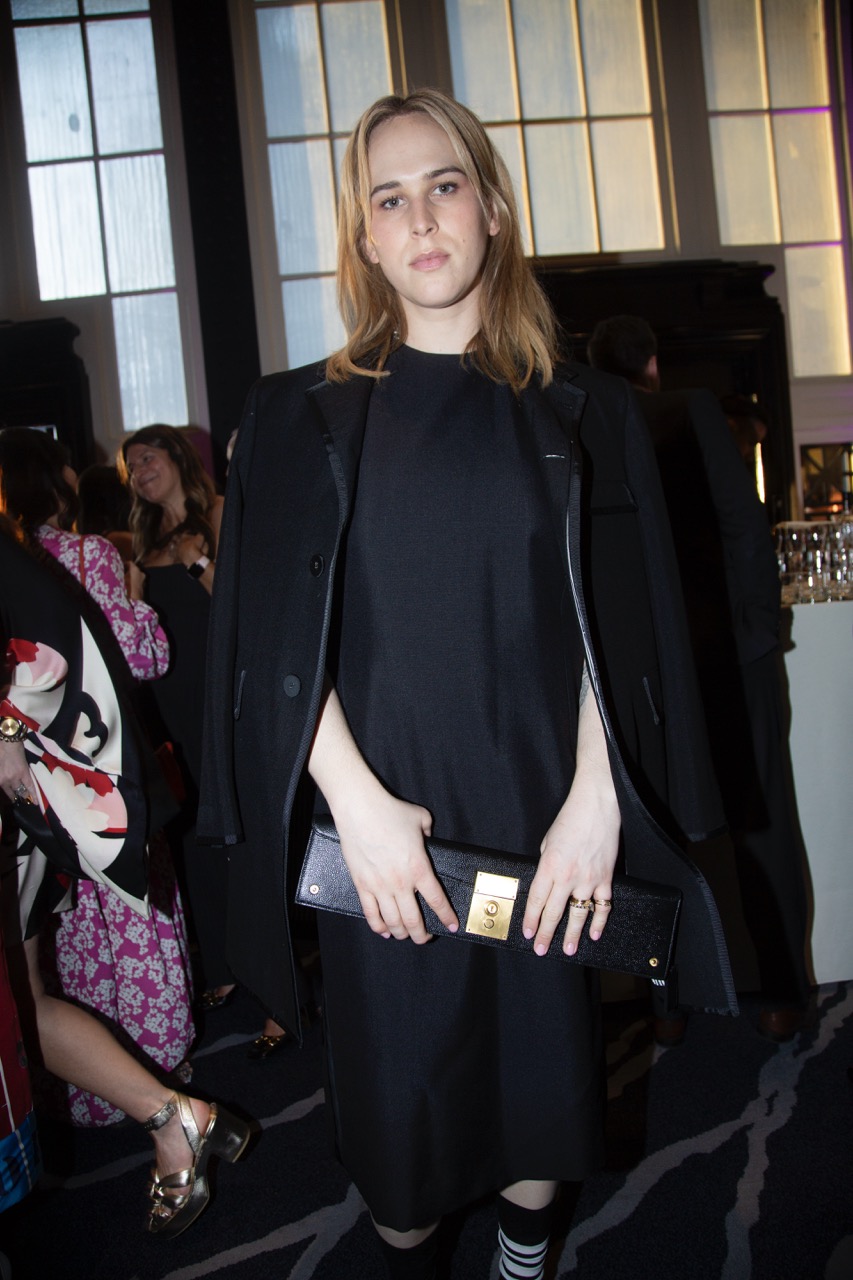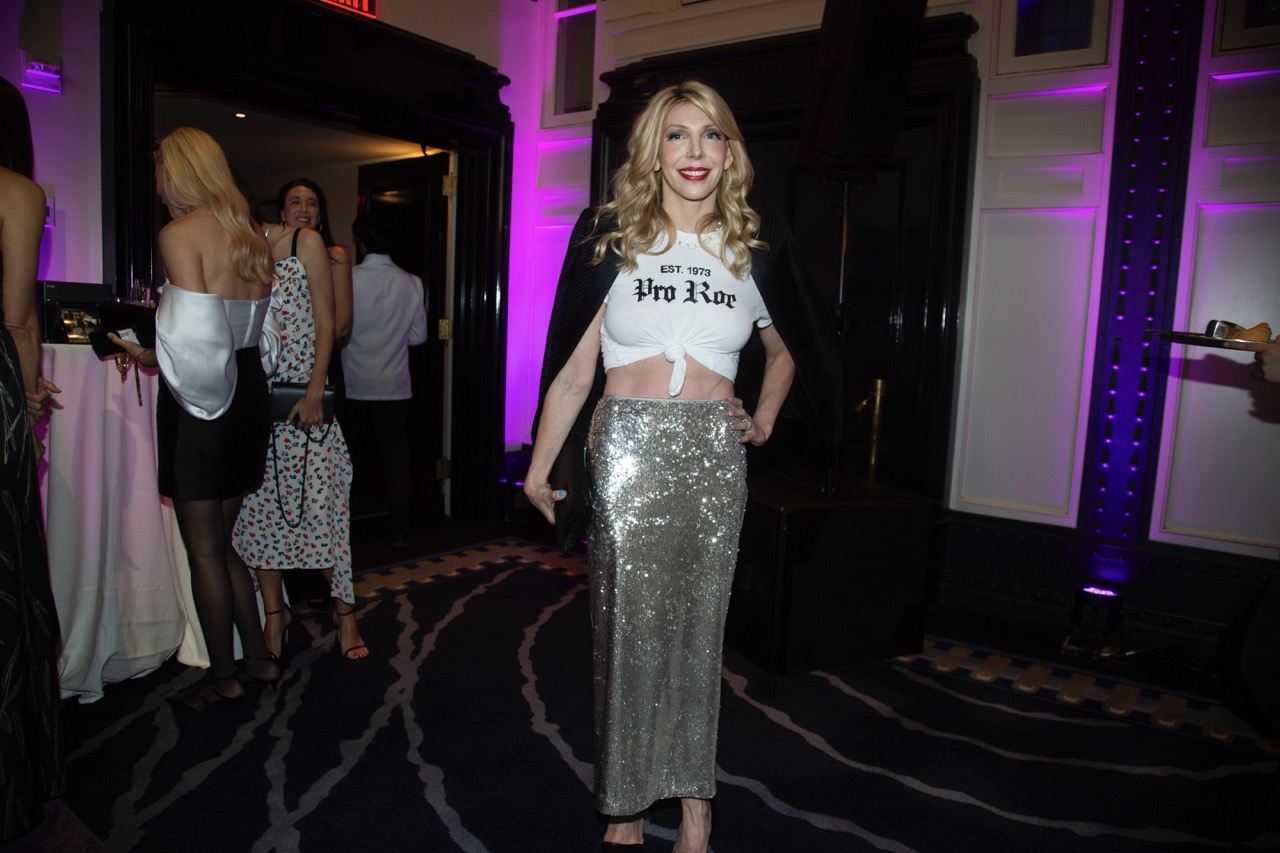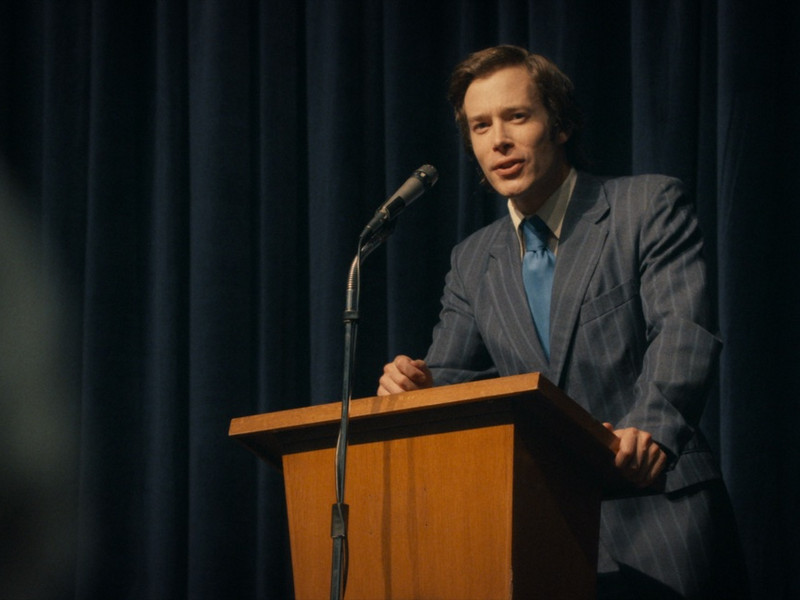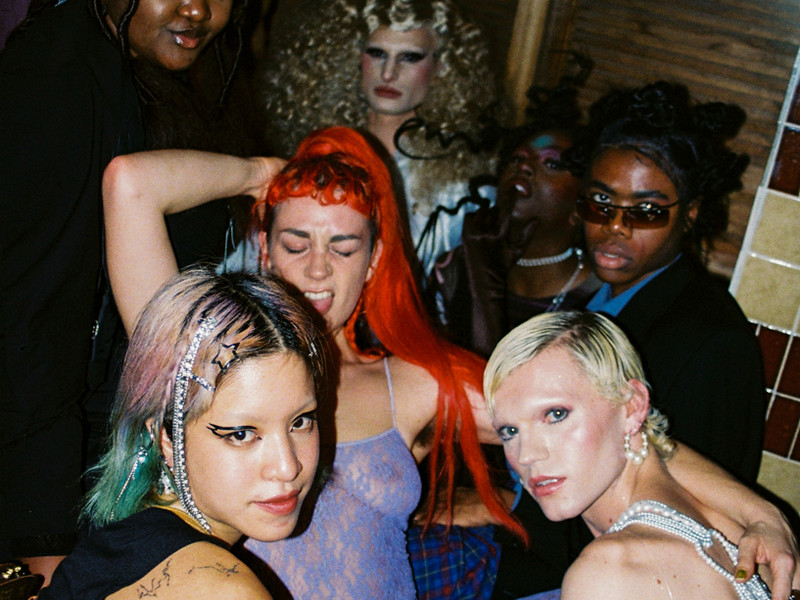Noomi Rapace — I'm so excited to do this. I've been such a big fan of your work ever since I saw Downloading Nancy on a plane. I was completely destroyed. I watched it again straight away.
Johan Renck — That's funny. I just got an email from one of the producers. They're planning a restored re-release in LA. But same, I'm a huge fan of yours. You’re one of those Swedes who gets it. Always moving and shaking it all over the place in all sorts of ways. Relentless energy. You're like a Svengali; you bring people together, find connections, you know everybody on this planet, and you are a formidable actress.
Simon Rasmussen — Noomi, thank you so much for always being curious and wanting more and never settling for less. That energy is what we need.
NR — Before this call, I was thinking about the three of us. It’s crazy: one Dane and two Swedes who broke out and started something else. Your magazine is one of my favorites. It really digs into all my favorite art fields. I feel like a lot of things today slide into something where that becomes either too pleasing or too vulgar.
JR — I so agree with that. I used to just devour various publications and magazines, always in the world of fashion, culture, and music. It's amazing that you hold that banner up. I fucking miss the days of magazines when you’d go out once a month, buy a bunch, and spend the whole weekend reading, getting inspired and discovering shit. There's been a "death of publications" in a way that has forced almost all of them to become so ridiculously polished and policing and polite. I'm not interested in that at all.
Thank you. Sometimes young people approach me like, oh, Simon, I want to start a magazine, and I'm like, don't. It's not worth it. It's messed up [laughs]. It's a weird time for media. I used to buy at least five or six magazines a month, and that was how I got inspiration and knew what was going on. Honesty, in a sense, we don't need that anymore. It's like this weird thing where, yes, we go to magazines for photography, fashion, and culture, but it's so accessible now. We're caught up in our own speed of entertainment and media.
JR — I get it. What a magazine does is curate cultural output and write about it in depth. My sense is that we don't need them as much because many of the things that are covered in these types of publications are slowly dying. Music is no longer as relevant a carrier of youth culture, same with fashion and so on. Music is bigger now than ever, but it doesn't have that kick that it used to. It's not like people are dressing like their idols or writing their lyrics on walls in the city or anything. The same with fashion. It's like expressing yourself is no longer about fashion to some extent, it's gone past that. There are no rules to break. You can wear whatever the fuck you want, nobody gives a shit.
NR — When you screened Spaceman for me in New York, I was running around doing all these bits and pieces. Then I finally got to sit for two hours in the screening room that you set up and I just got to be in your world for a solid chapter. Those moments when you sit down and read an article, dive into a book or watch a film, become diamonds in me today, more than ever. I've watched your film three times now because it's such a beautiful piece. It feels like it's rooted in a love for traditional cinematic filmmaking, but also is a flirtation with the now. It doesn't rest, it never gets boring. It's not slow cinema, but it kind of feels like slow cinema.
Print magazines remind me of movies. Slow although they might not always be. Not to be nostalgic, but there’s that depth to it that grounds you and you can't help but get emotionally involved.
JR — To me, you're a product of the time you're working in. Any kind of expression you do is always going to be a bit of a protest. I'm very much an antagonist. I don’t follow formulas. If everybody's doing that, I'm doing this. In these days of being overfed with very trite content, the film has gone down in quality so drastically over the past 10-15 years. If you watch a dumb comedy from 2001, you go, Fuck, this is a proper film. Then you watch a serious drama today and you go, What the fuck is this shit? Bad writing, bad directing, bad everything.
NR — Because it's rushed!
JR — It's rushed, but it's also done for the wrong reasons. To me, any art form is ultimately about making people feel things, not think things.
NR — And it's not about being liked either. When everything is done to get as many likes as possible and make the loudest noise, it's akin to shooting ourselves to death because there's just more and more noise and little room to hear. That's one of the strengths of your film; there's a simplicity to it.
JR — Even subconsciously as a creator, you tend to draw from things that are meaningful to you. It's funny that Spaceman and Constellation premiered on the same day. Both films deal with loneliness and fractured relationships. In Spaceman, somebody asked our guy, "Are you the loneliest guy in the universe?" And in Constellation, somebody says, "And right now, this woman is the loneliest person in the universe." You can't help thinking about the fact that there is this increased sense of loneliness in general terms; we're all becoming more and more lonely. The reason both Constellation and Spaceman happened is that there's an identification with these types of sentiments and feelings.
NR — Also, who are we today? Many people don't take the time to reflect and actually look at their lives. The movies are the perfect setup for introspection. Am I living my life?
JR — But in Constellation, there's this profound moment that was much bigger than it's perceived. There's a scene where you're talking to yourself, saying something like, "It's weird how much pleasure I find in hearing when I can't hear any other voices. I'm so happy to just hear my own fucking voice." Do you remember that line?
NR — Yes. Something like talking to myself gives me a sense of comfort, even if it's just my own voice. It's like, "My voice makes me human. It lets me know that I'm still here."
JR — But I wouldn't be surprised if someone did a global poll and found that people are talking to themselves more than they were 15 to 20 years ago. I find myself talking to myself when I'm roaming around.
